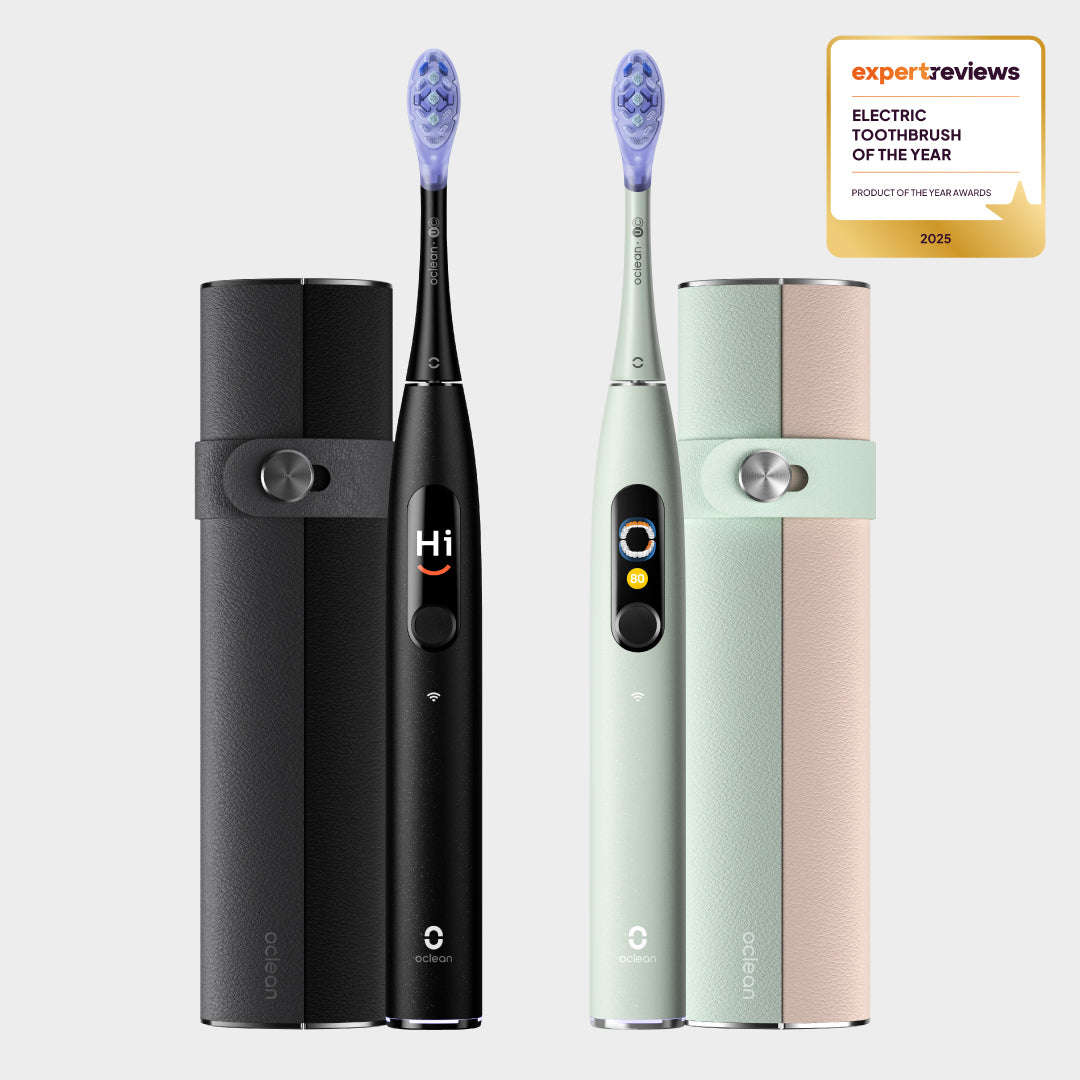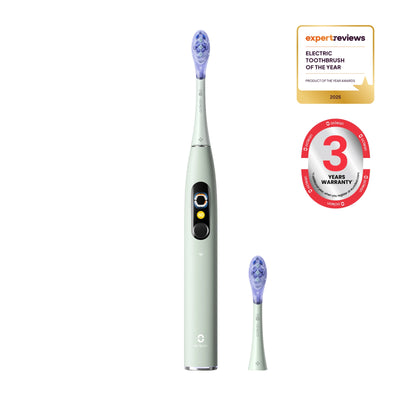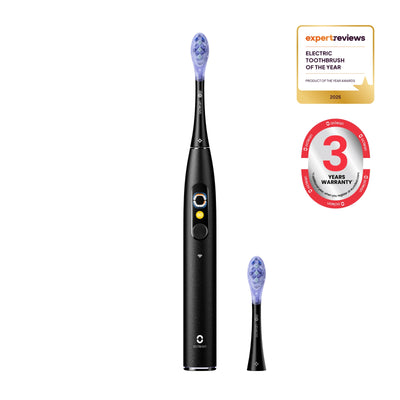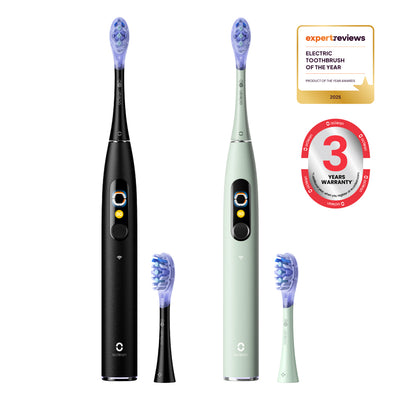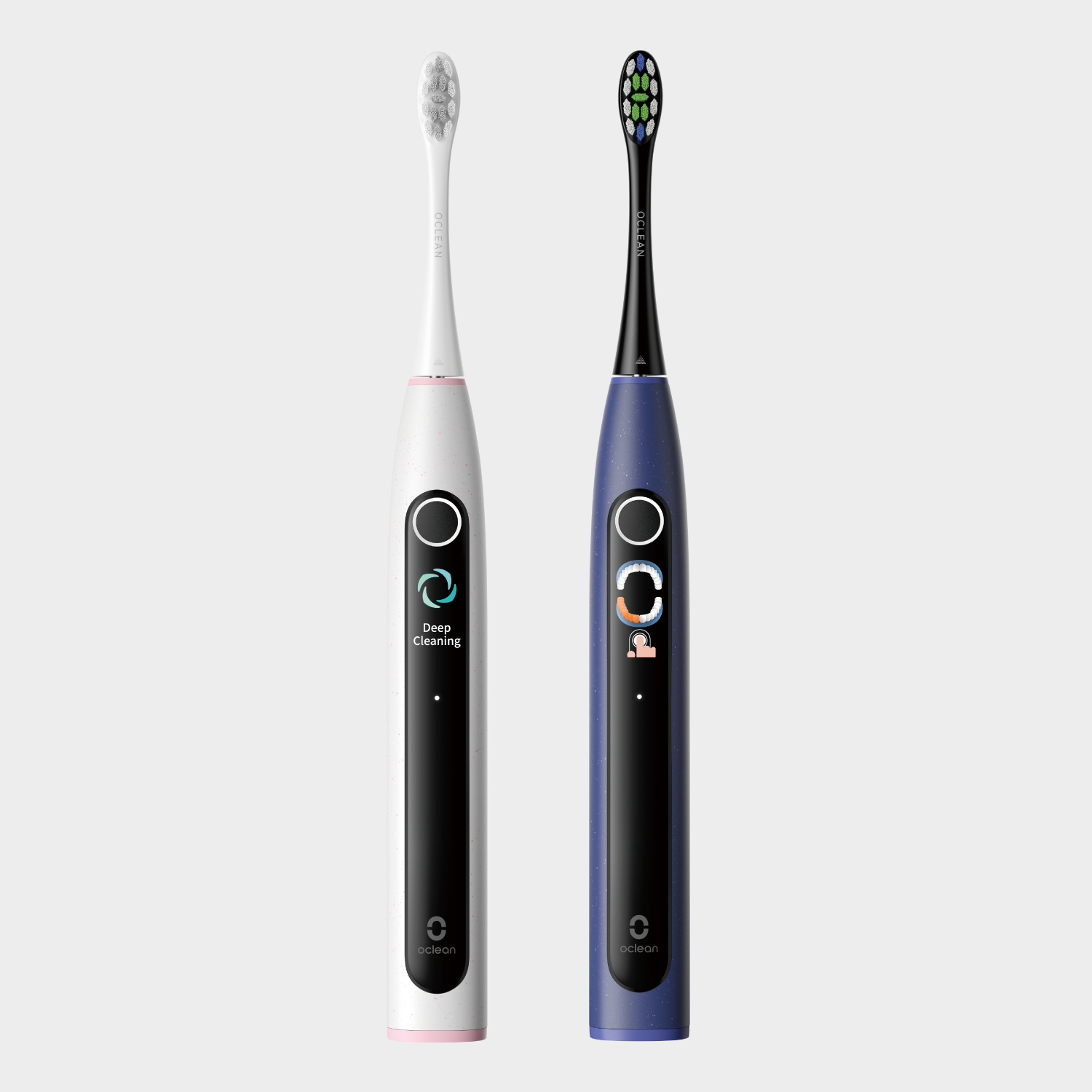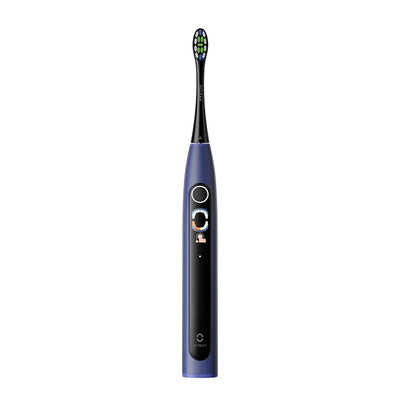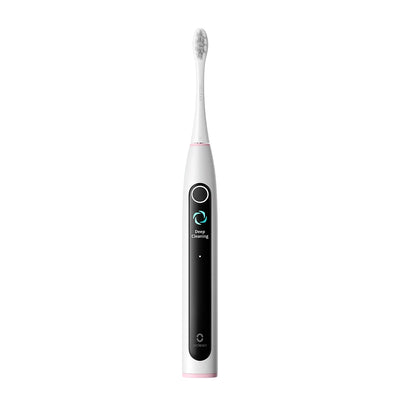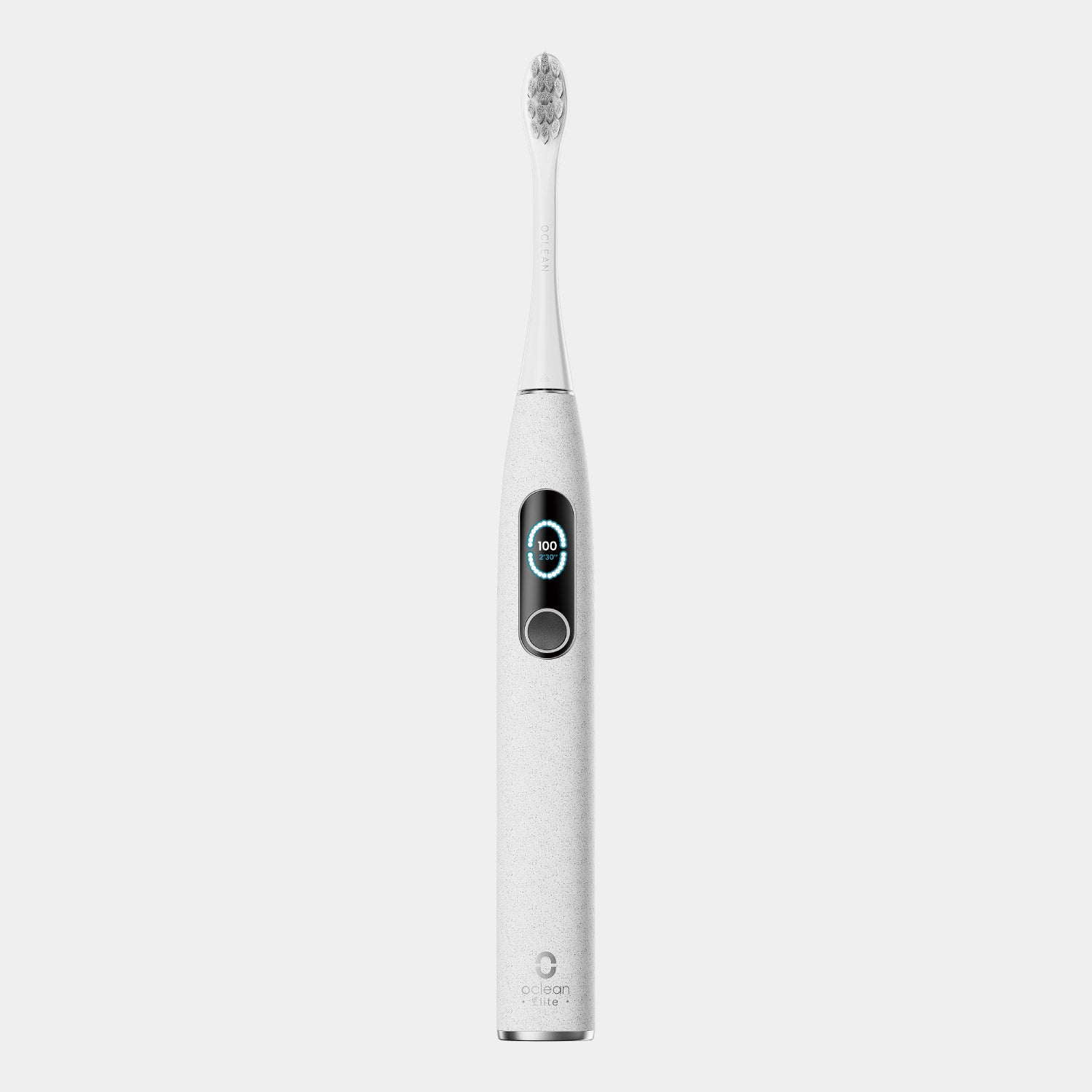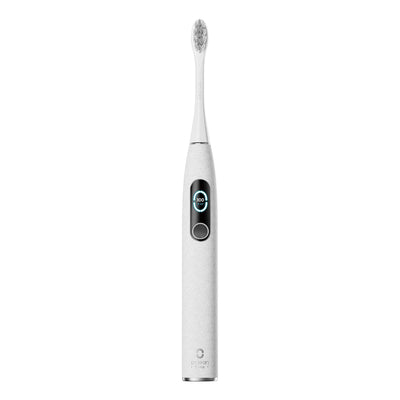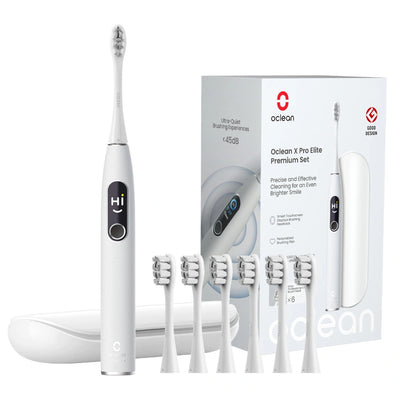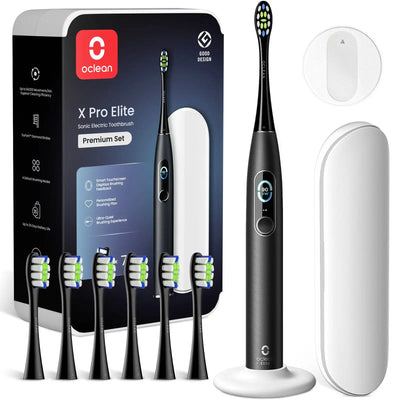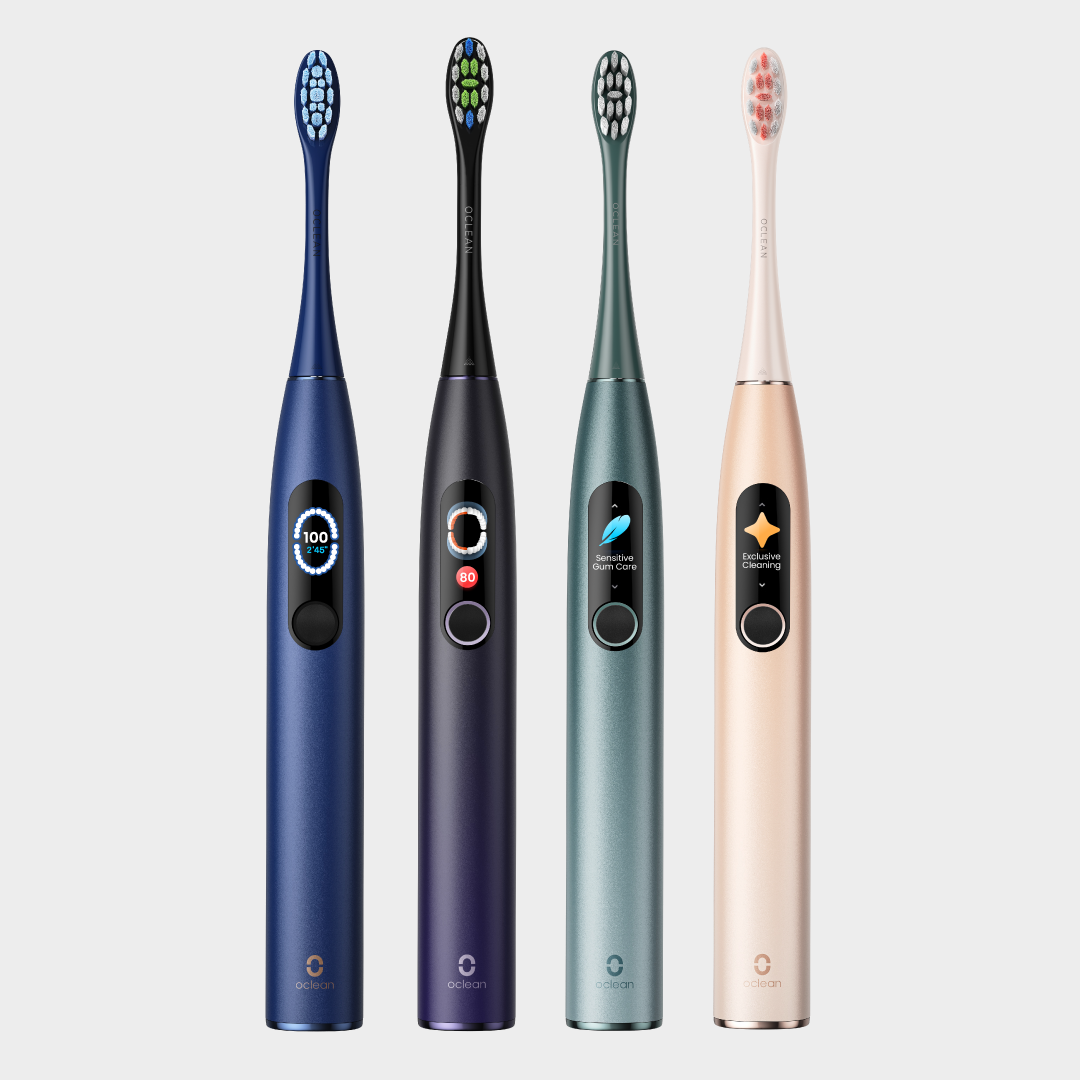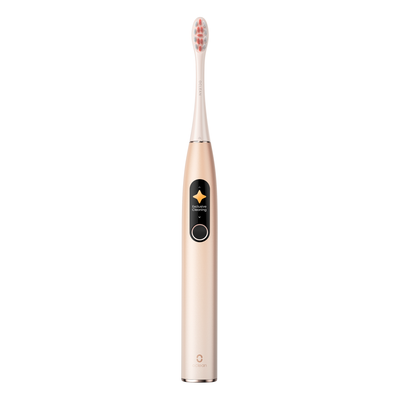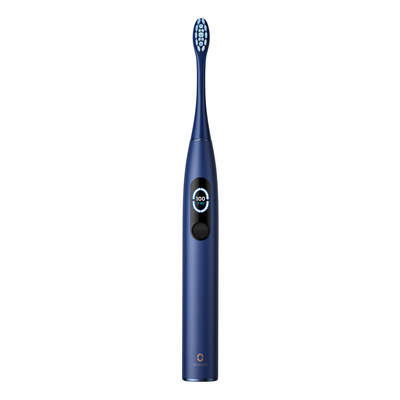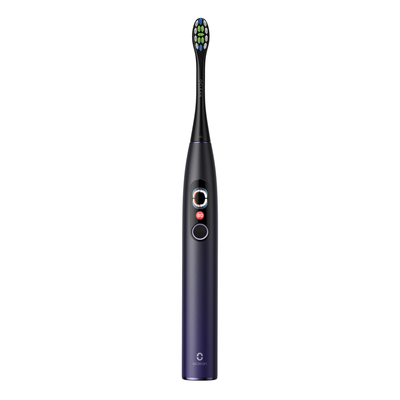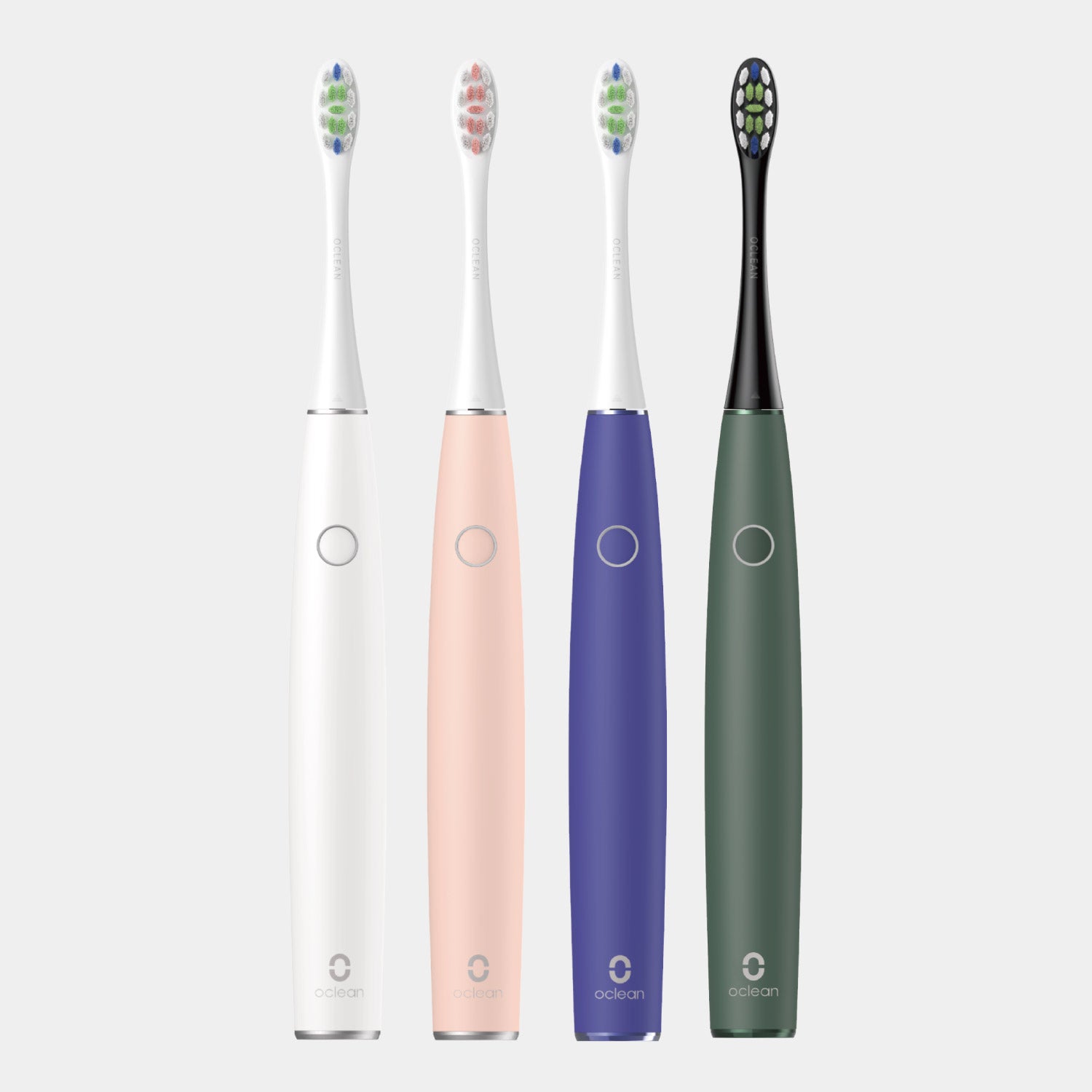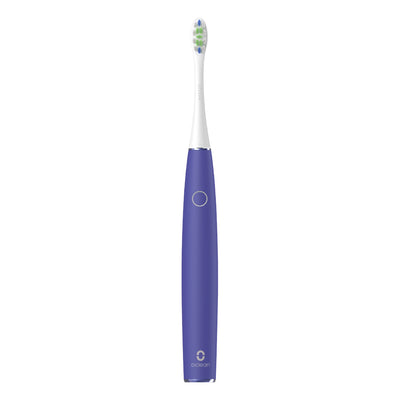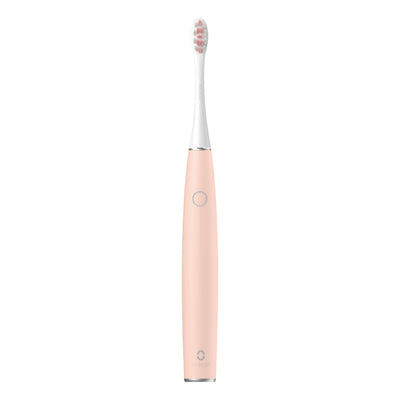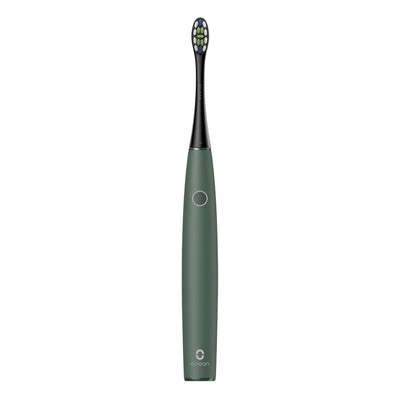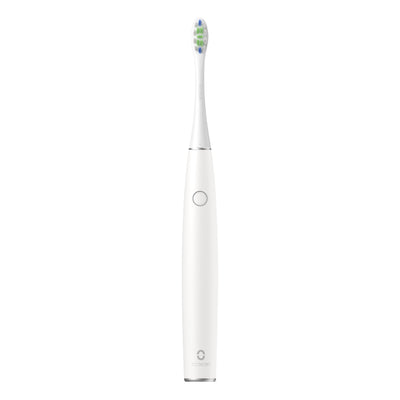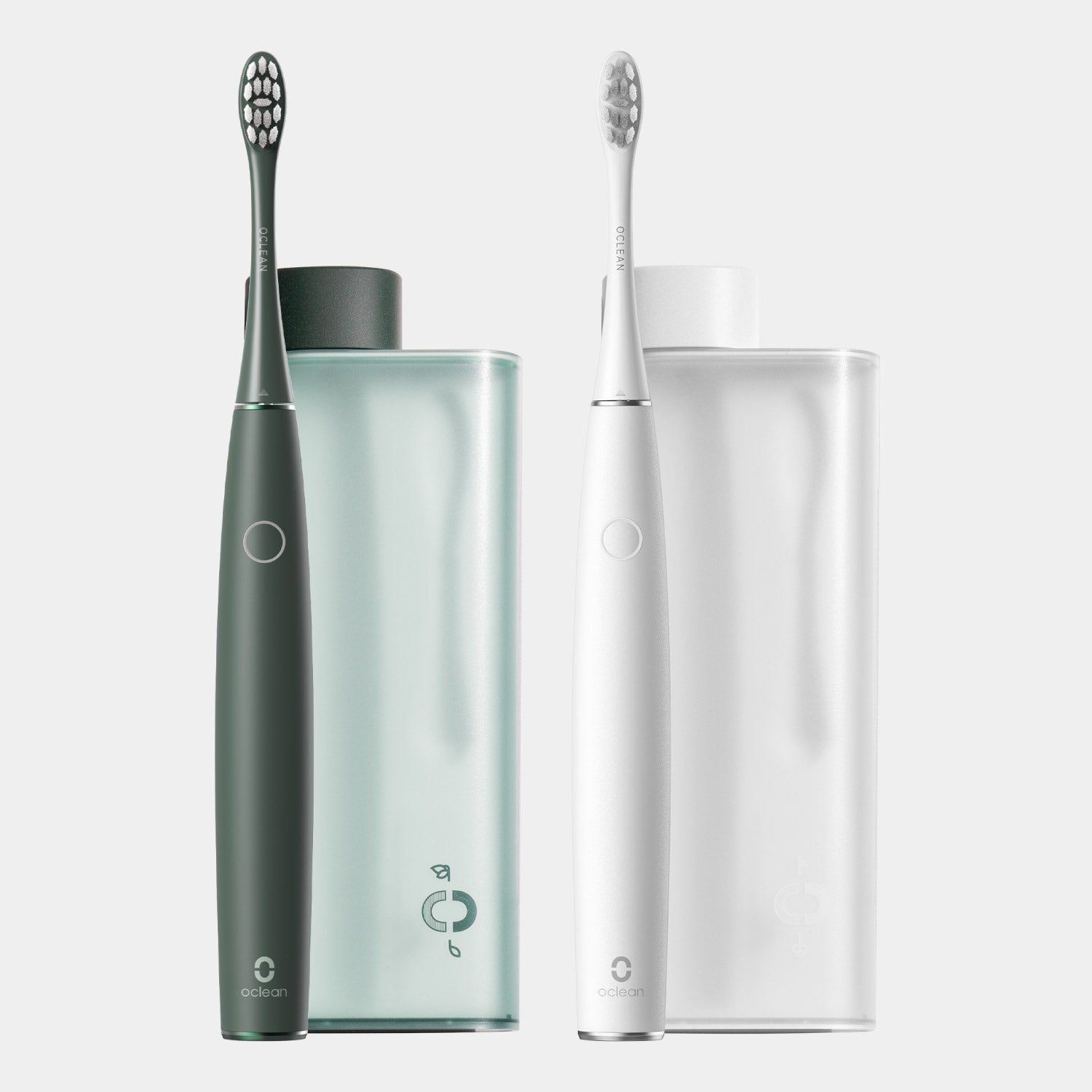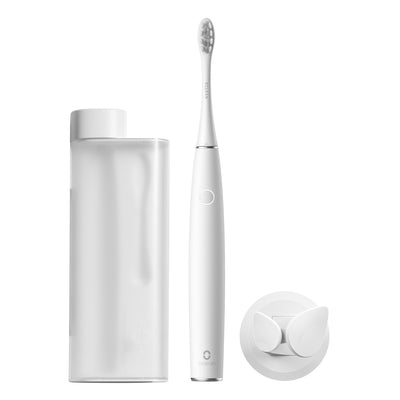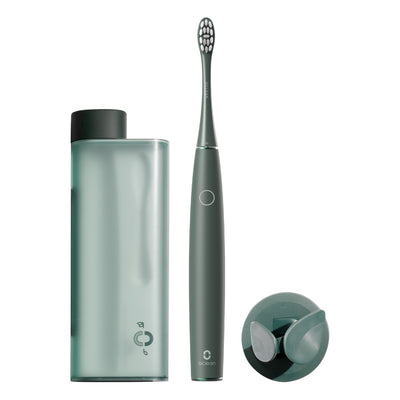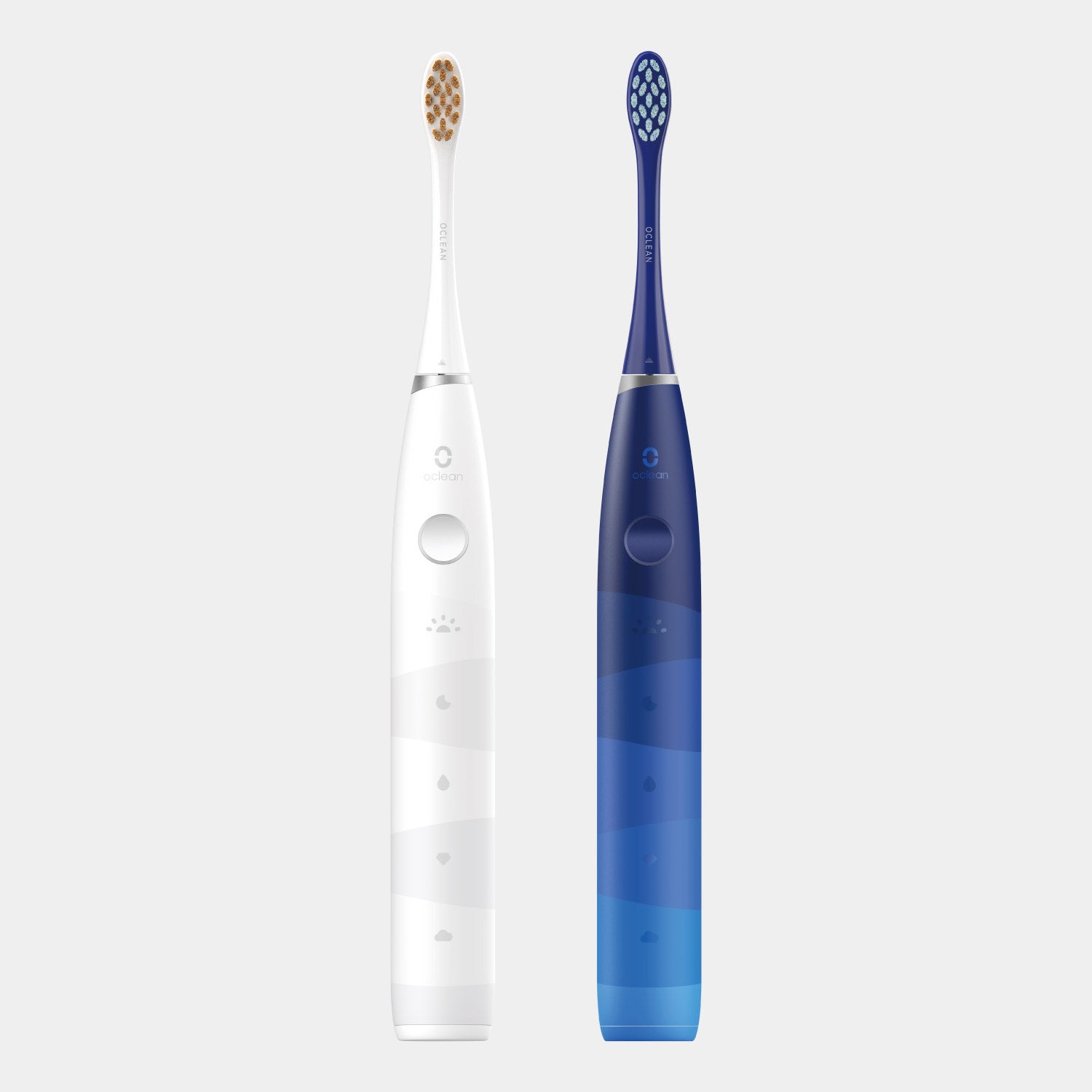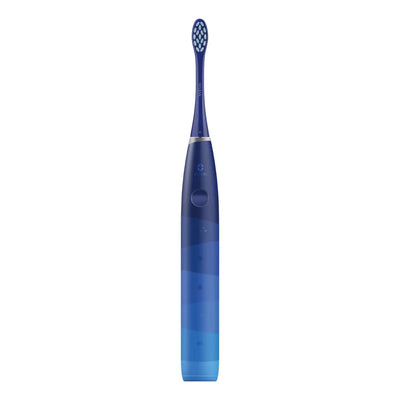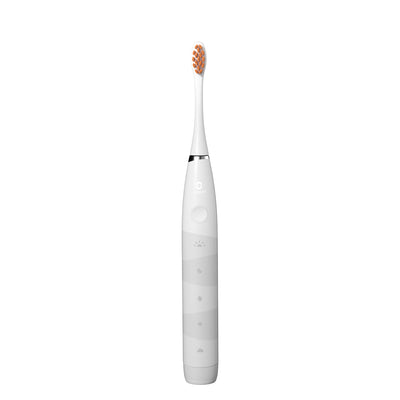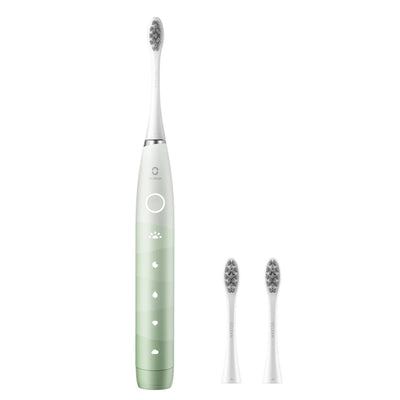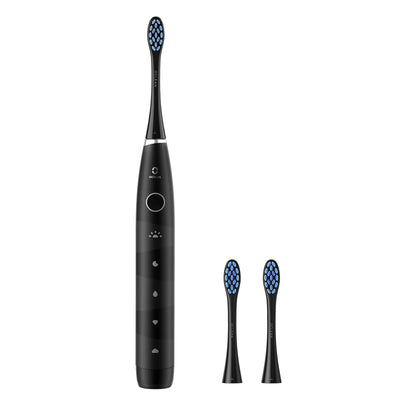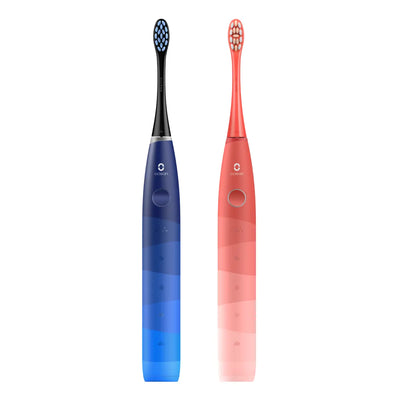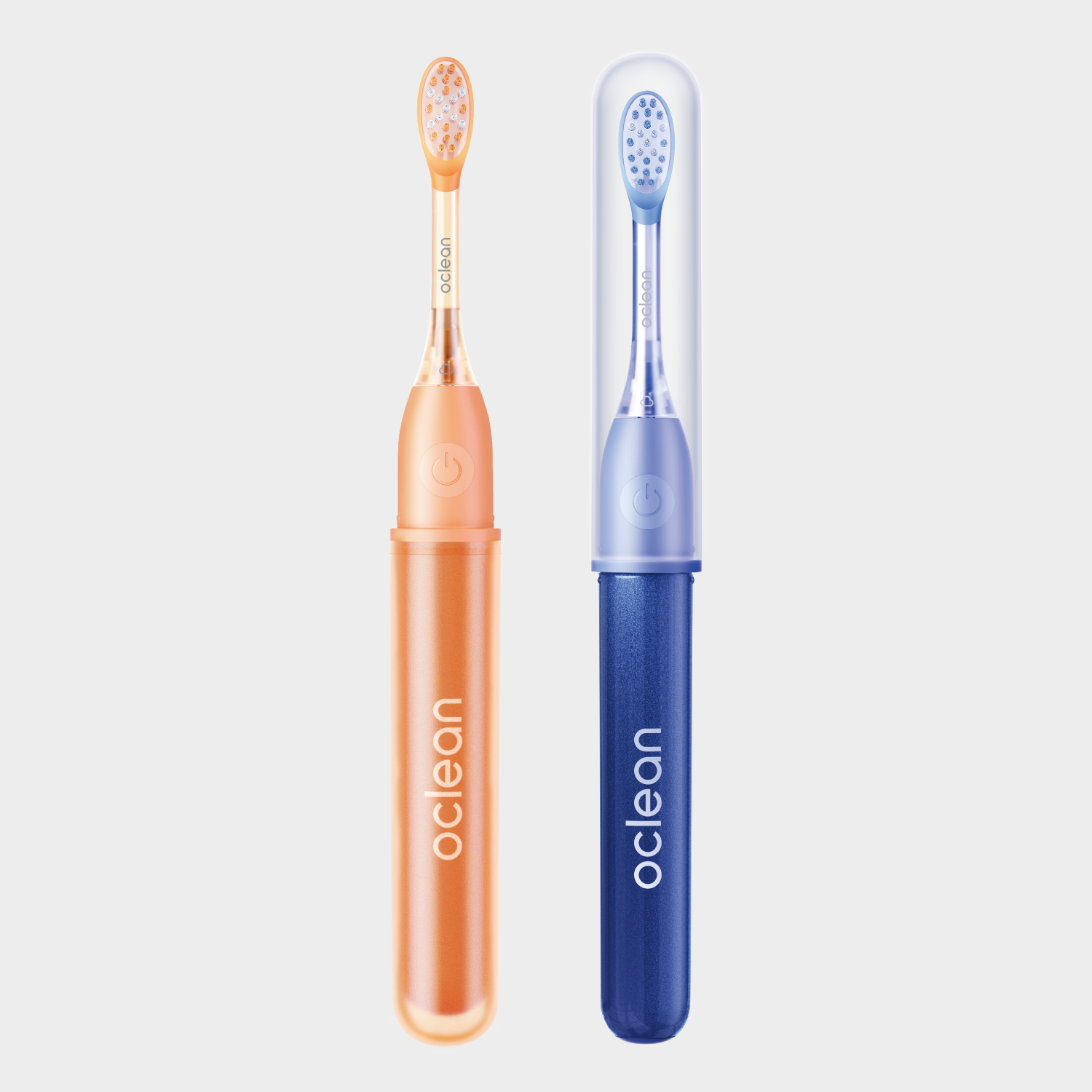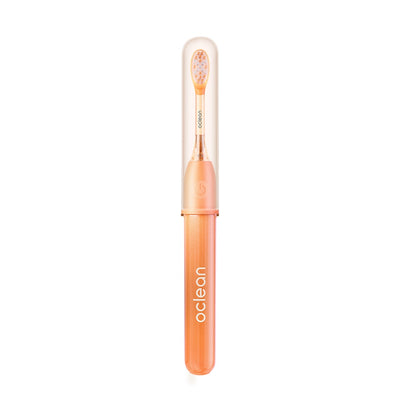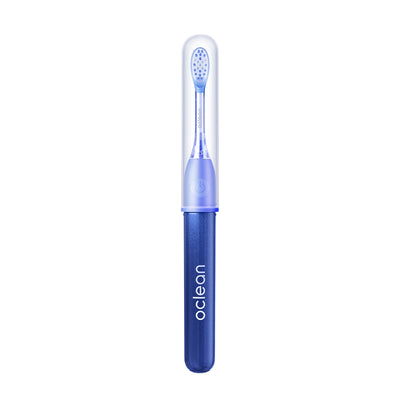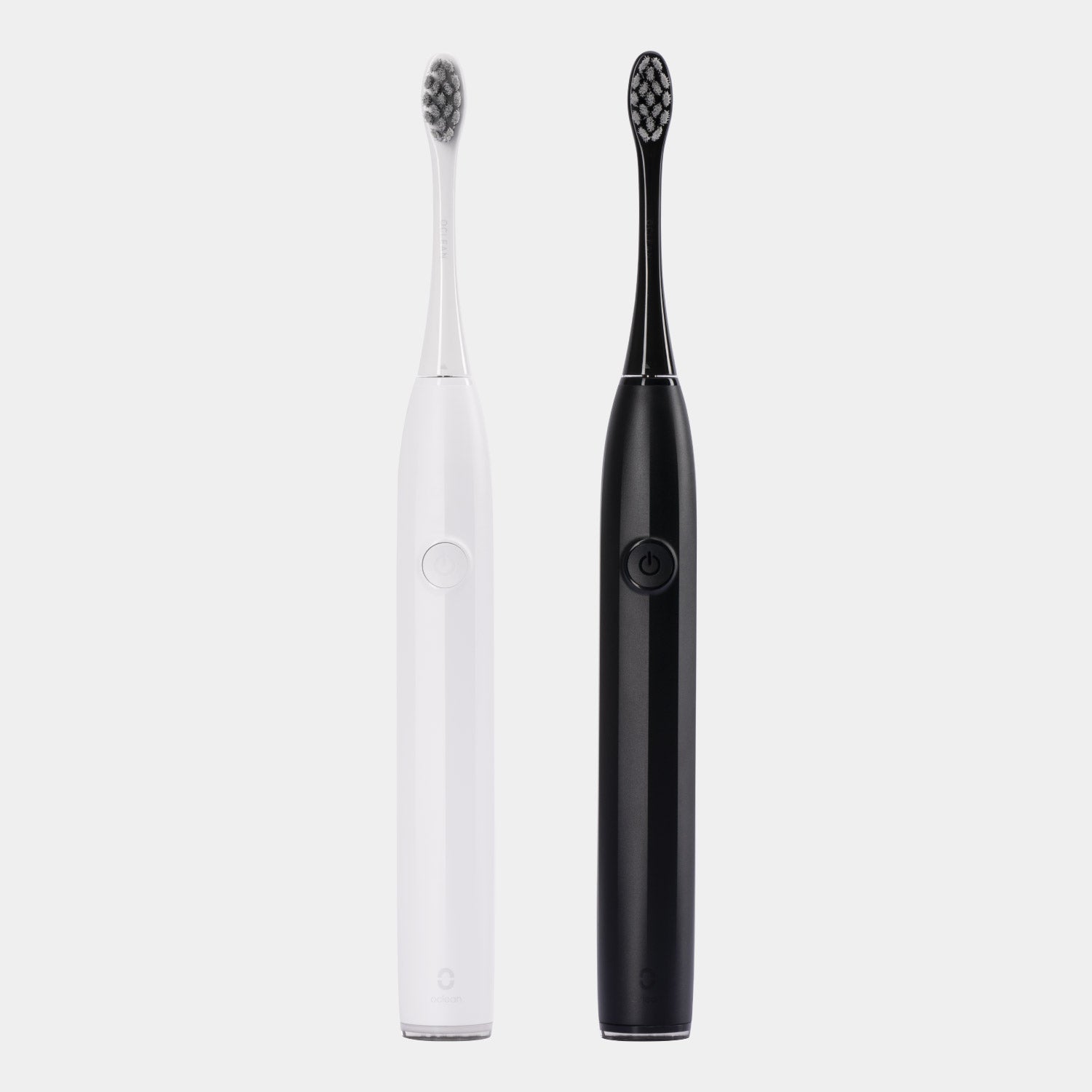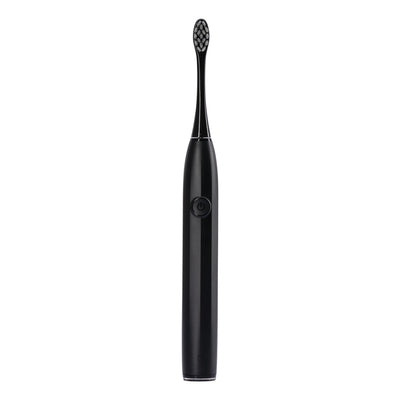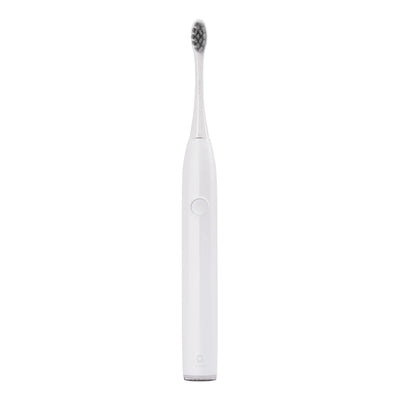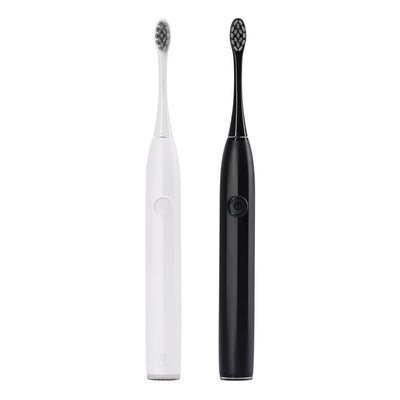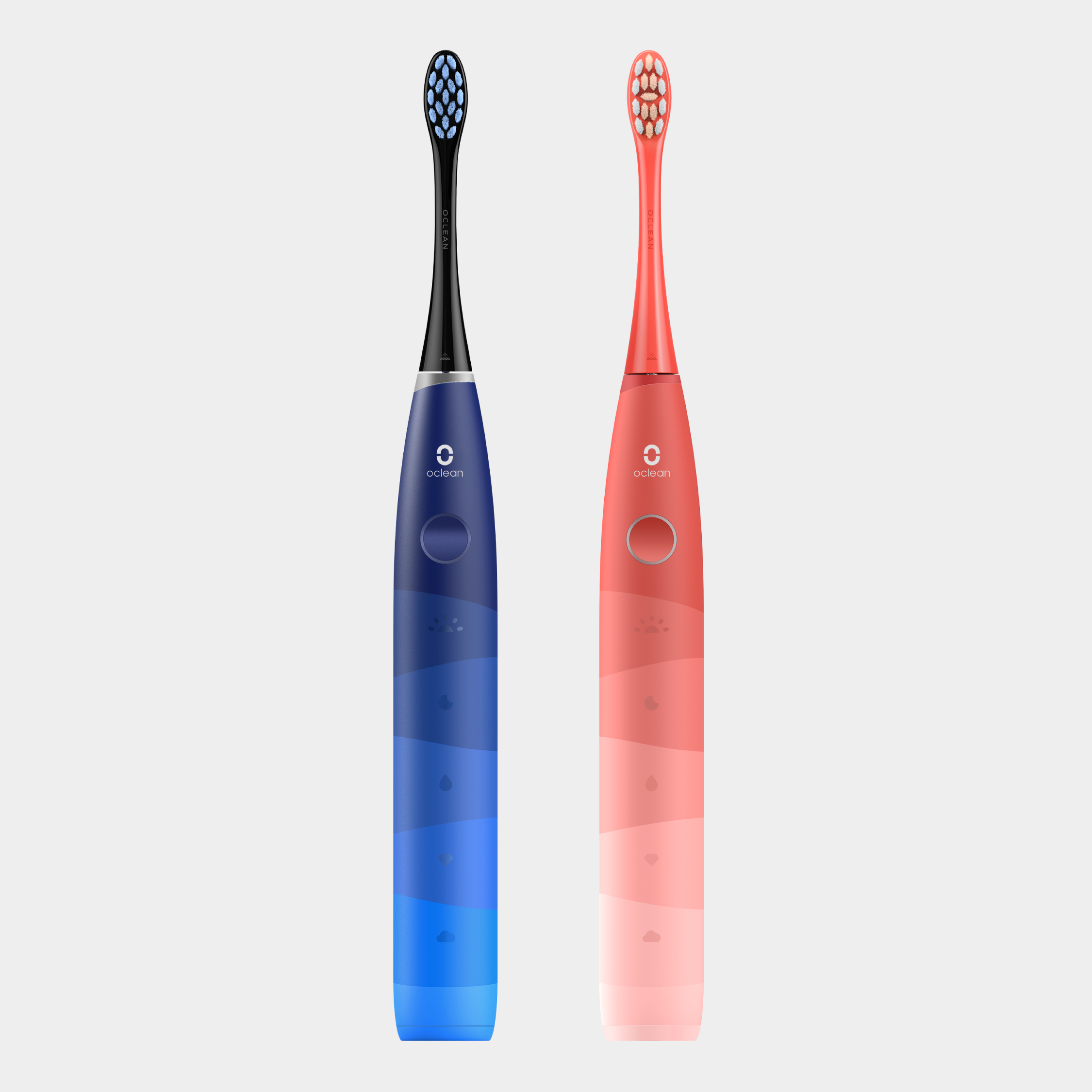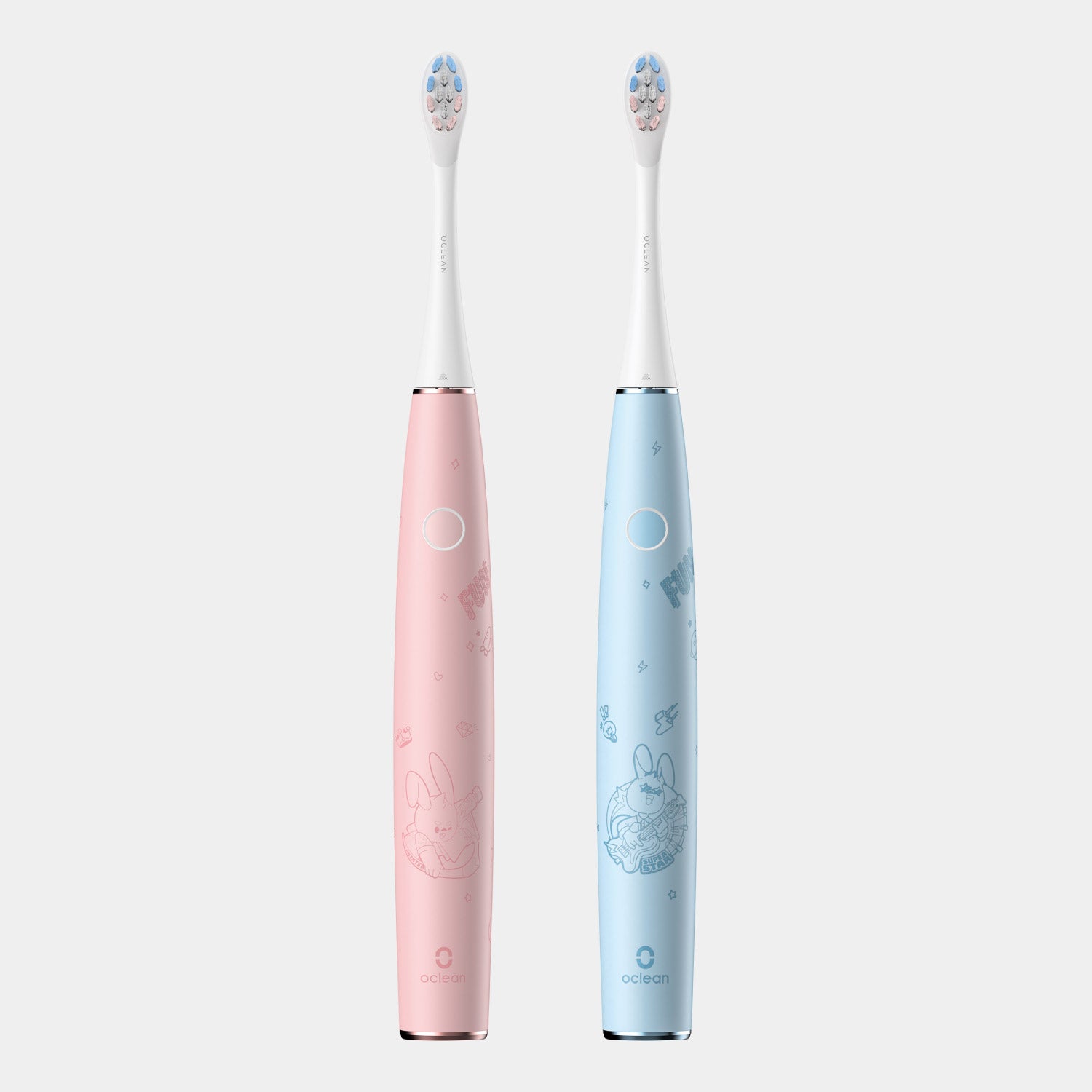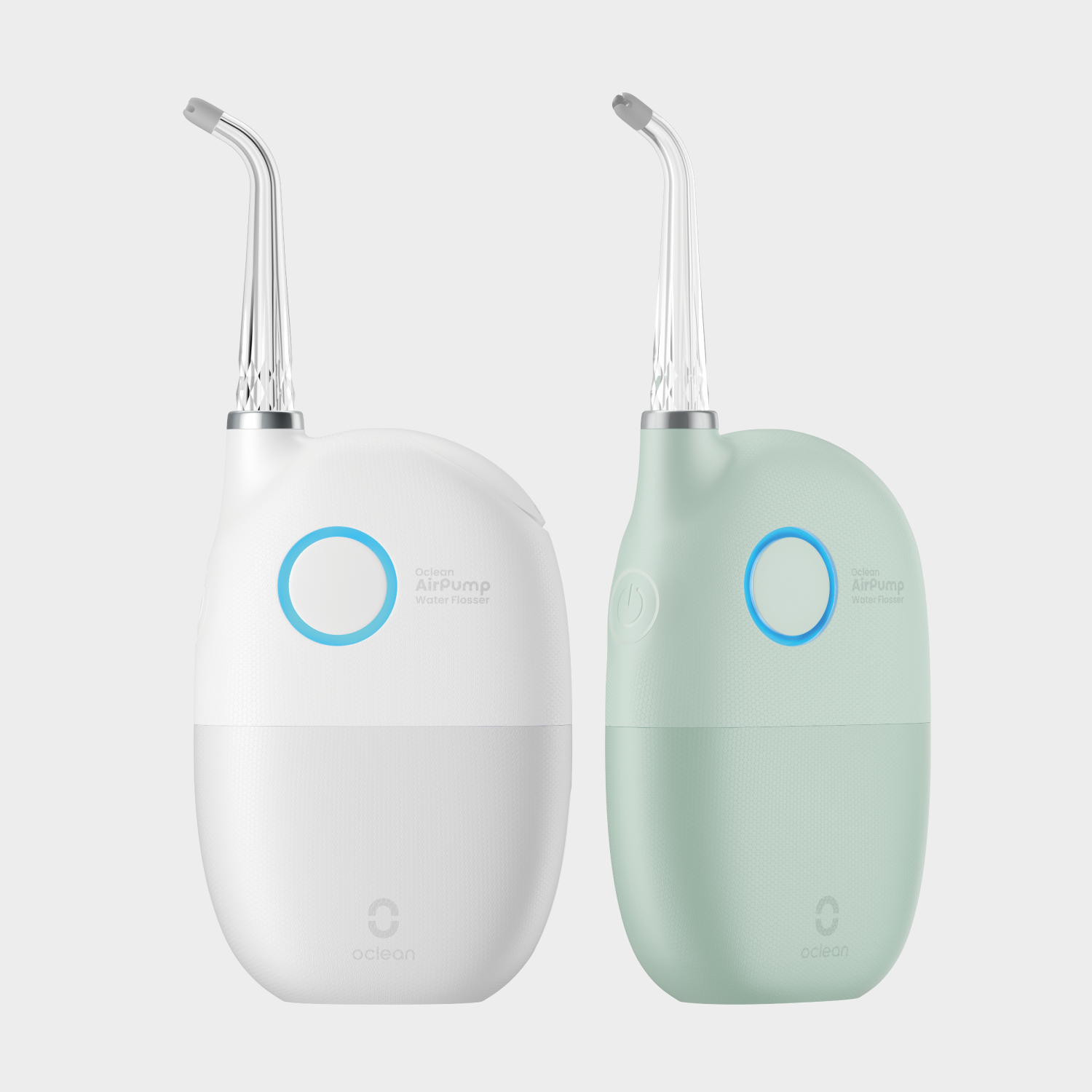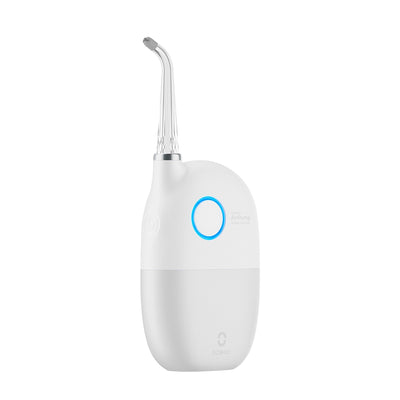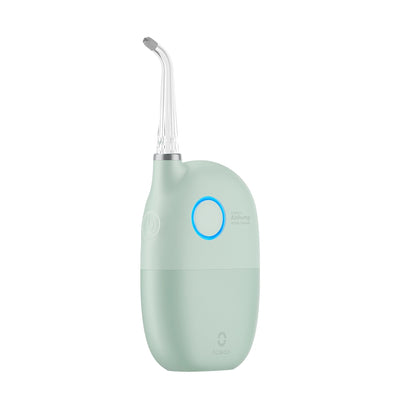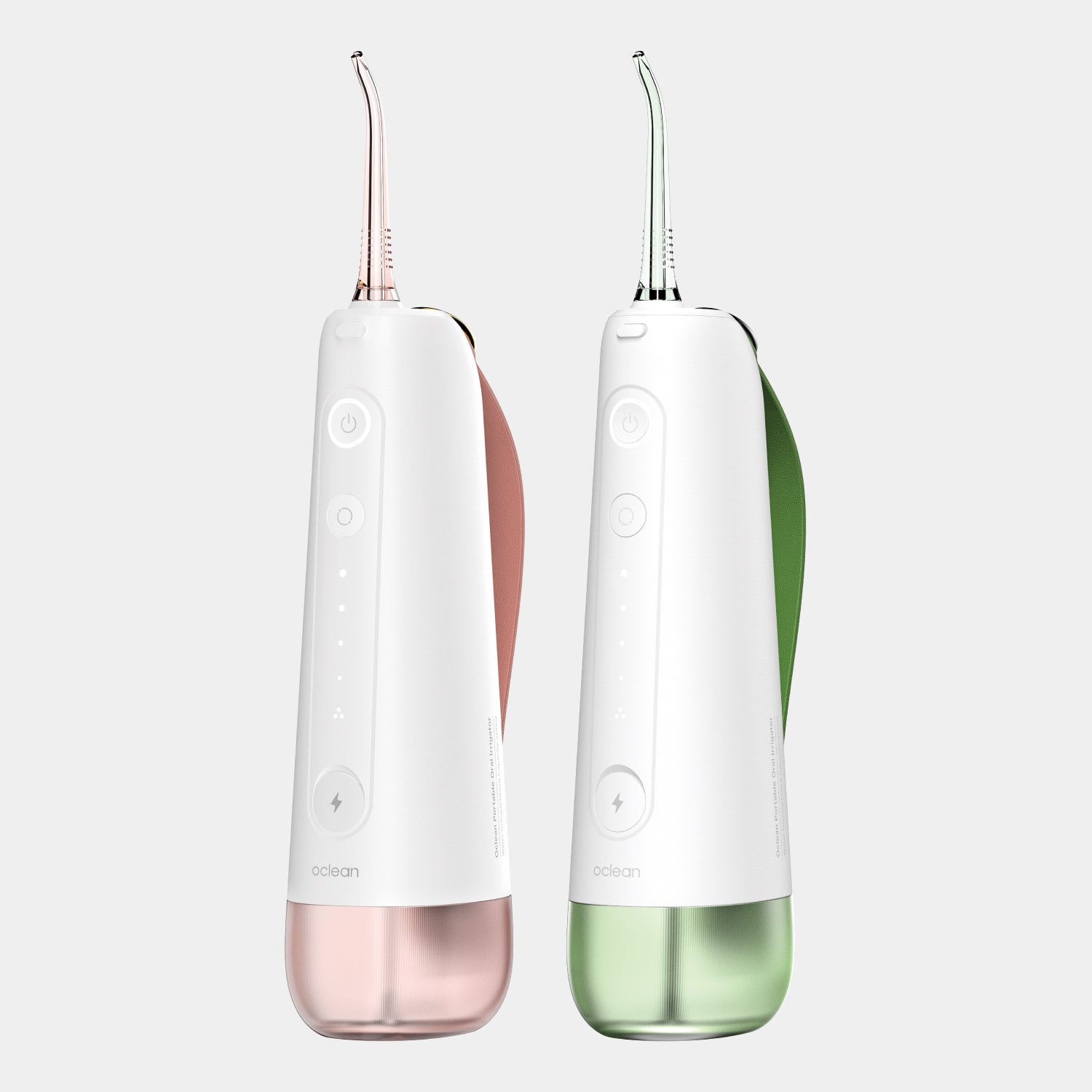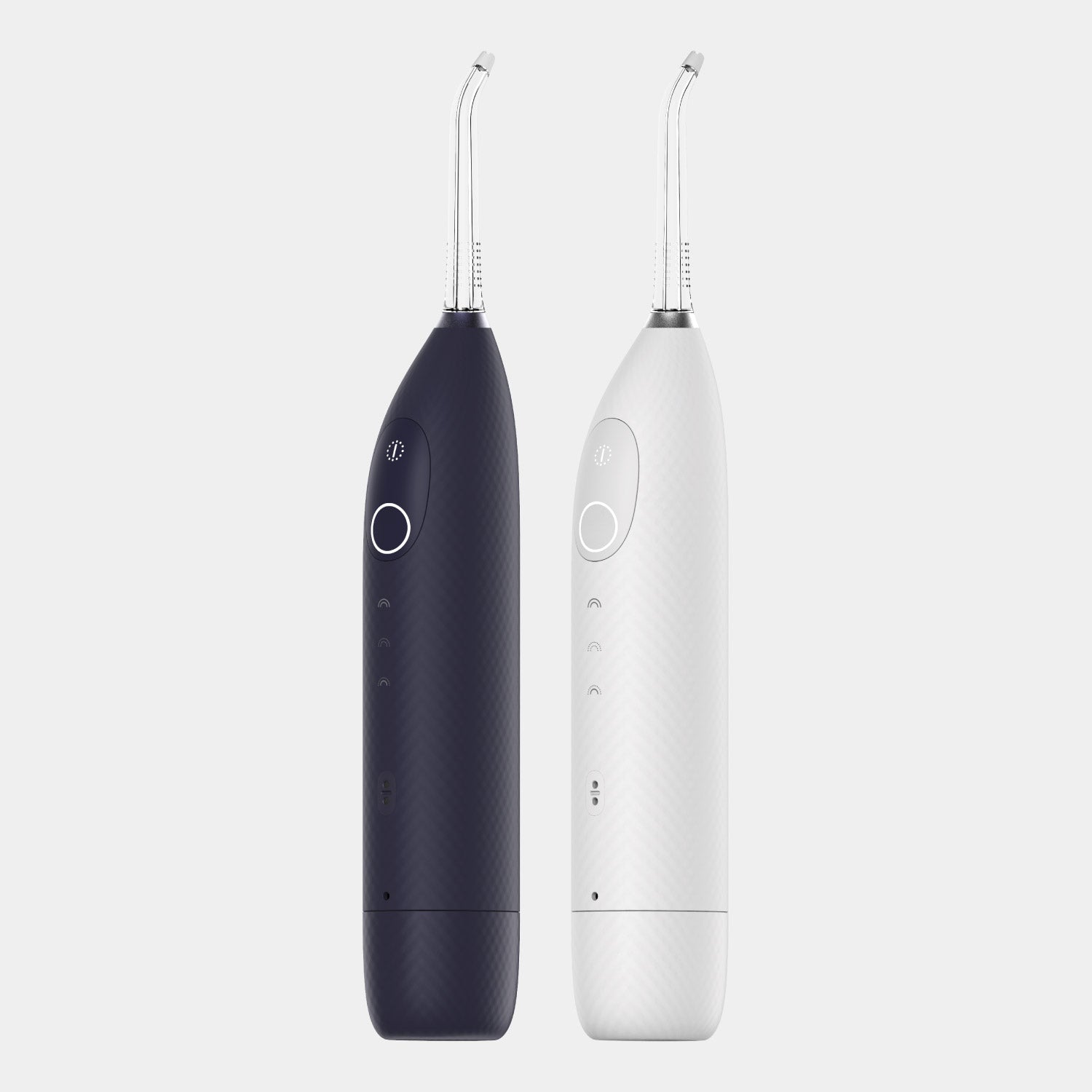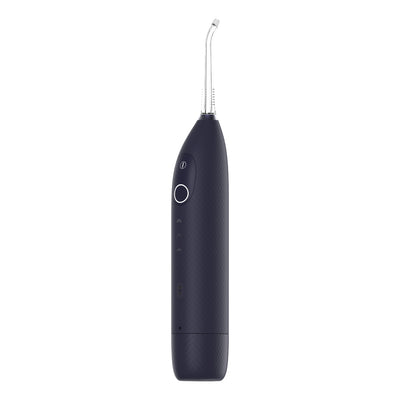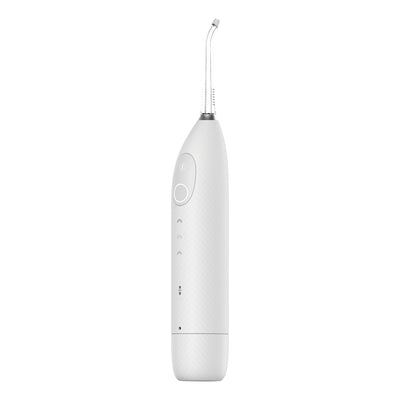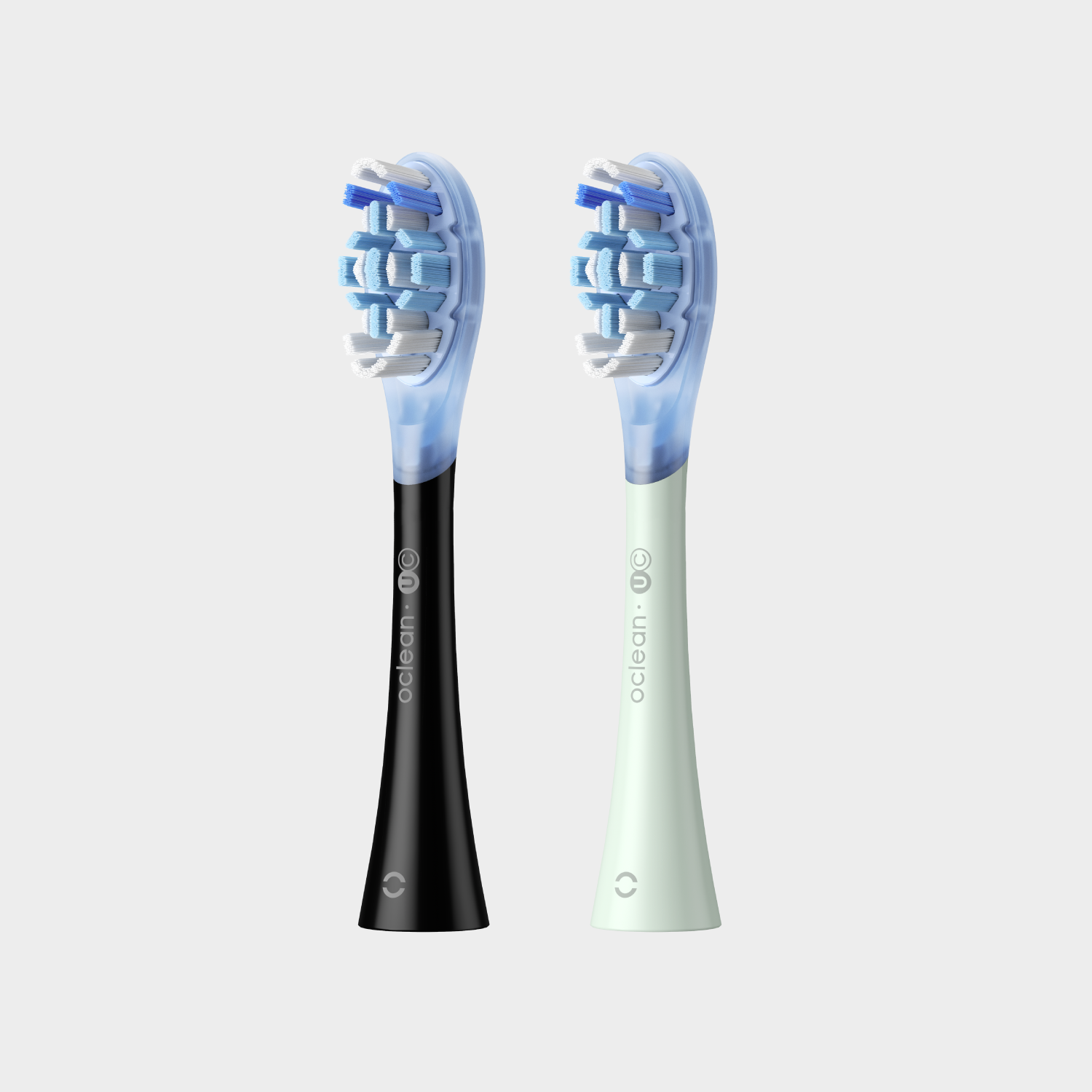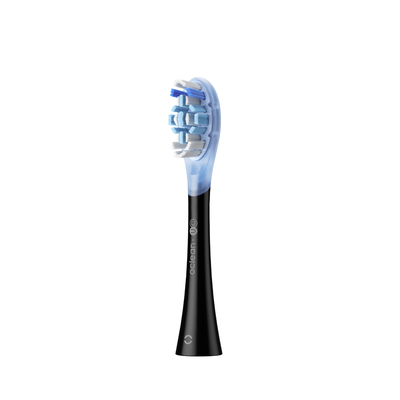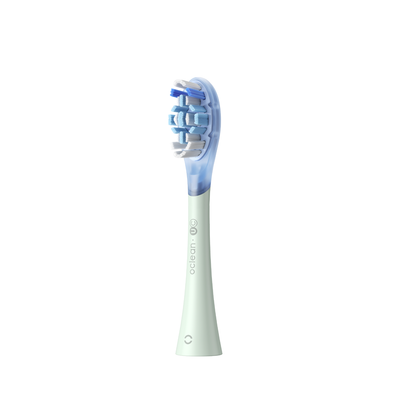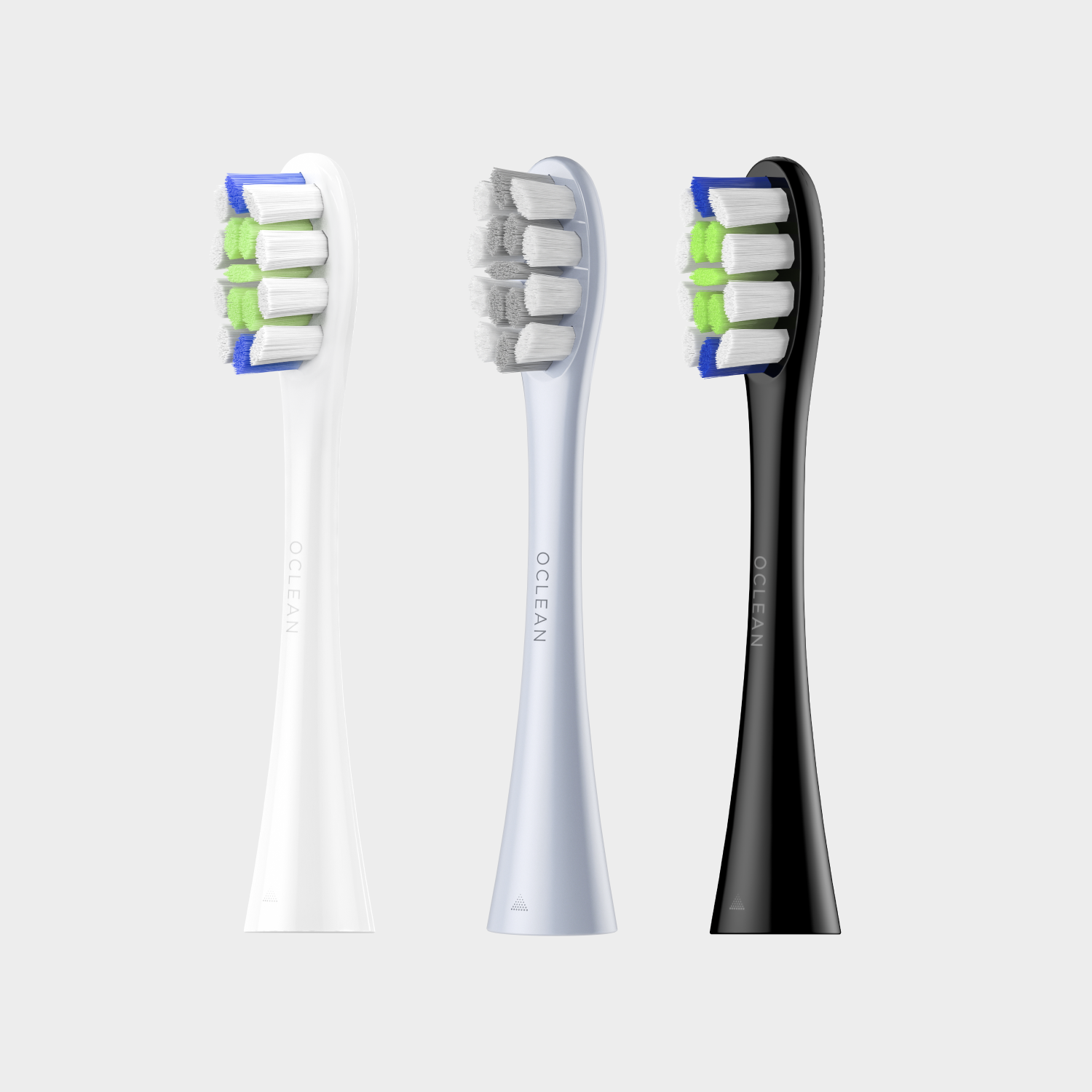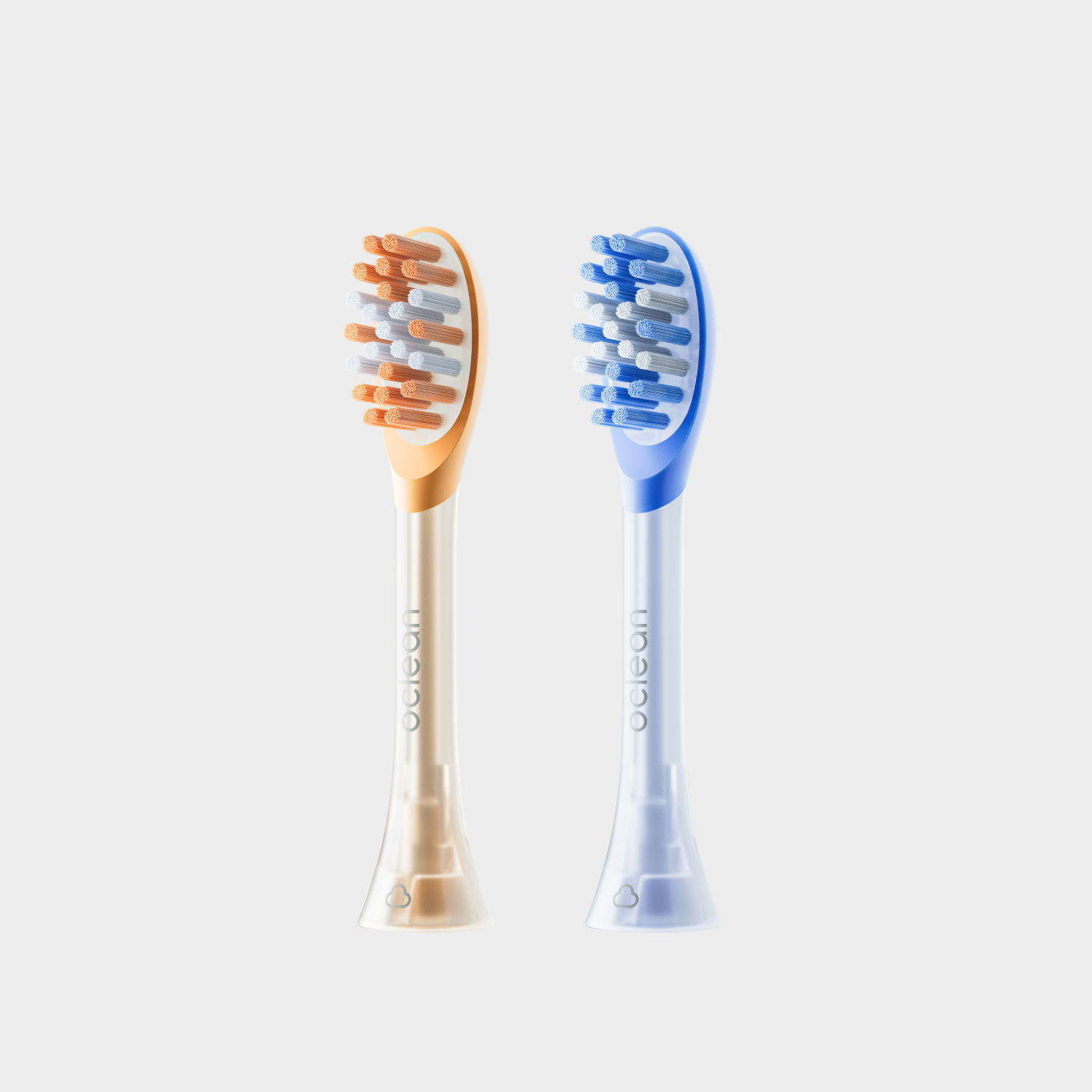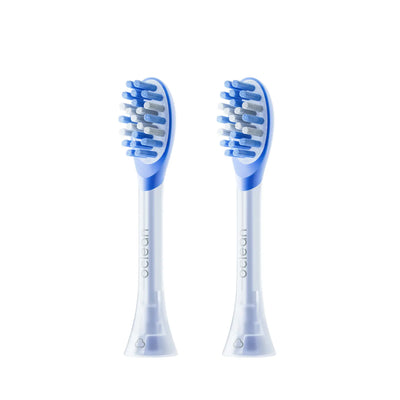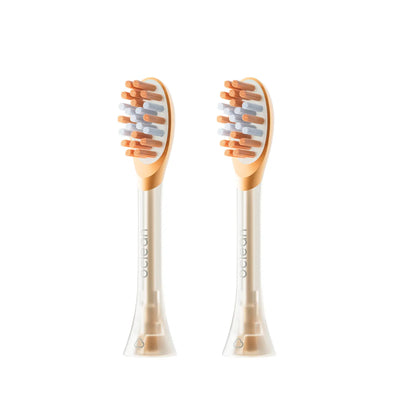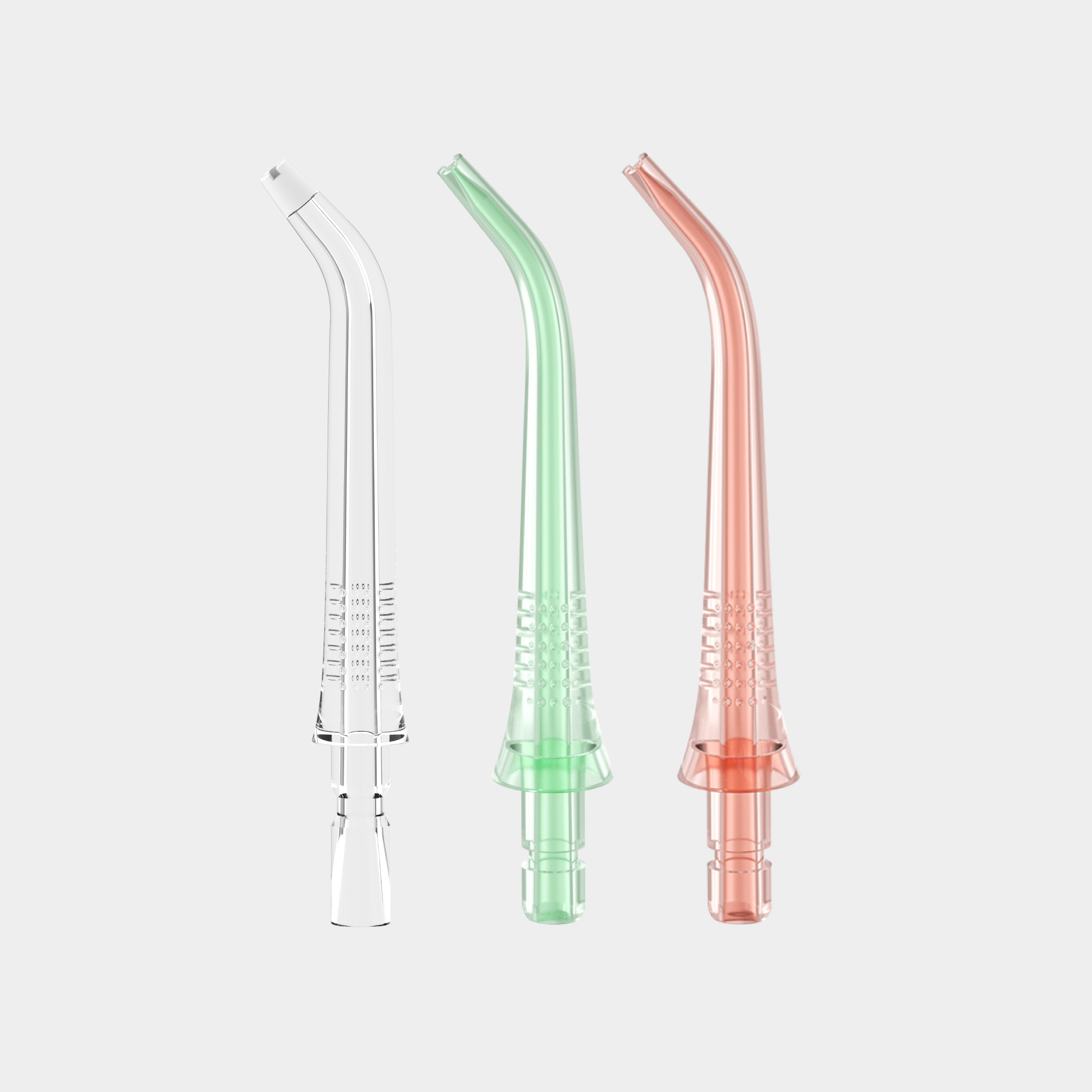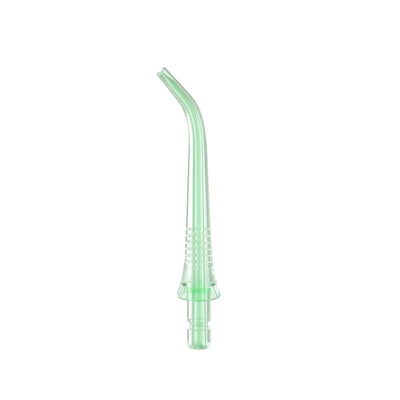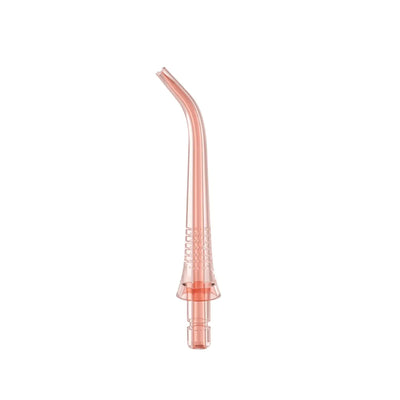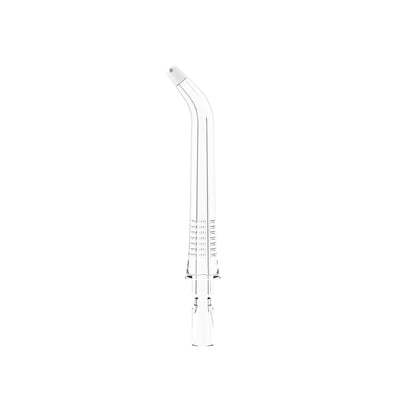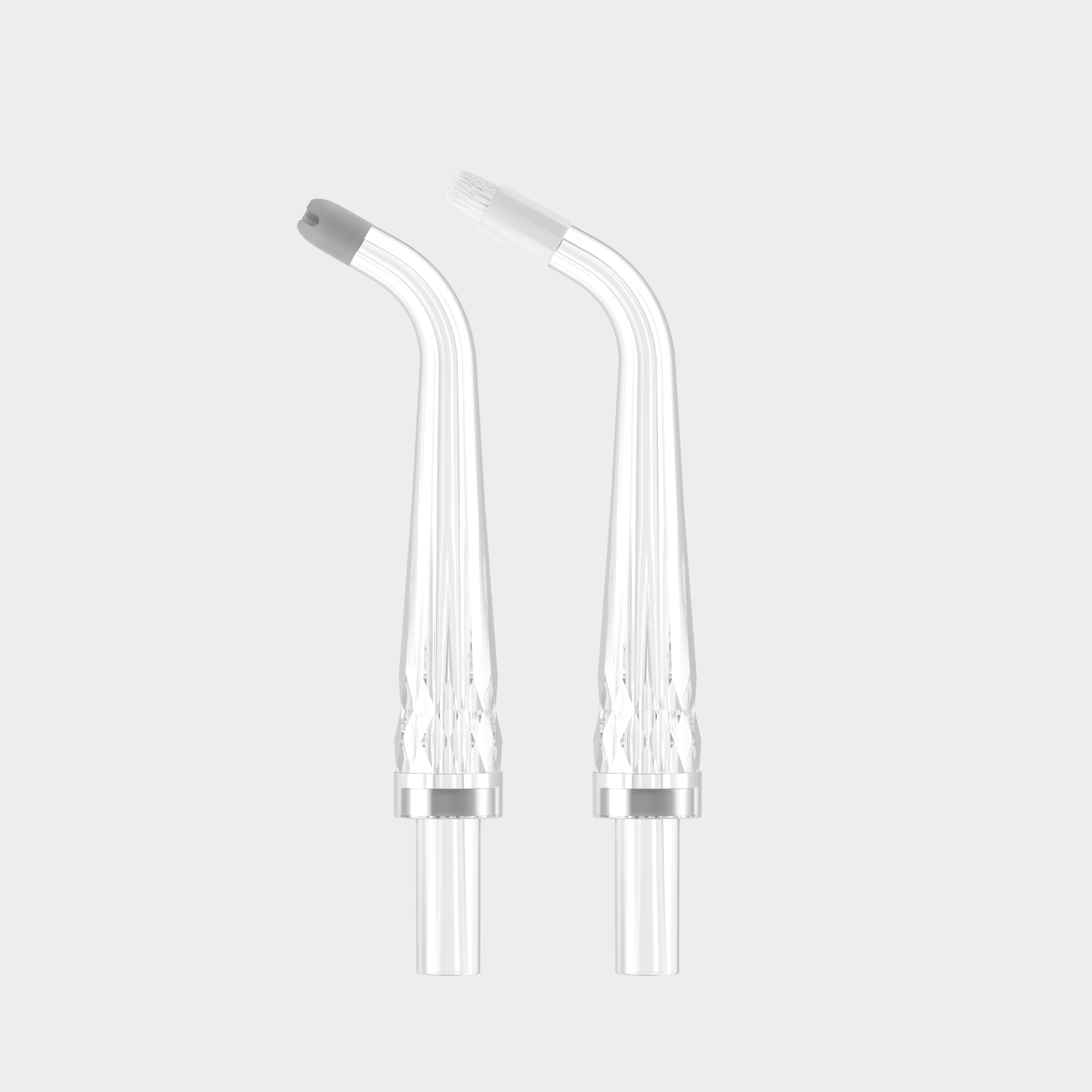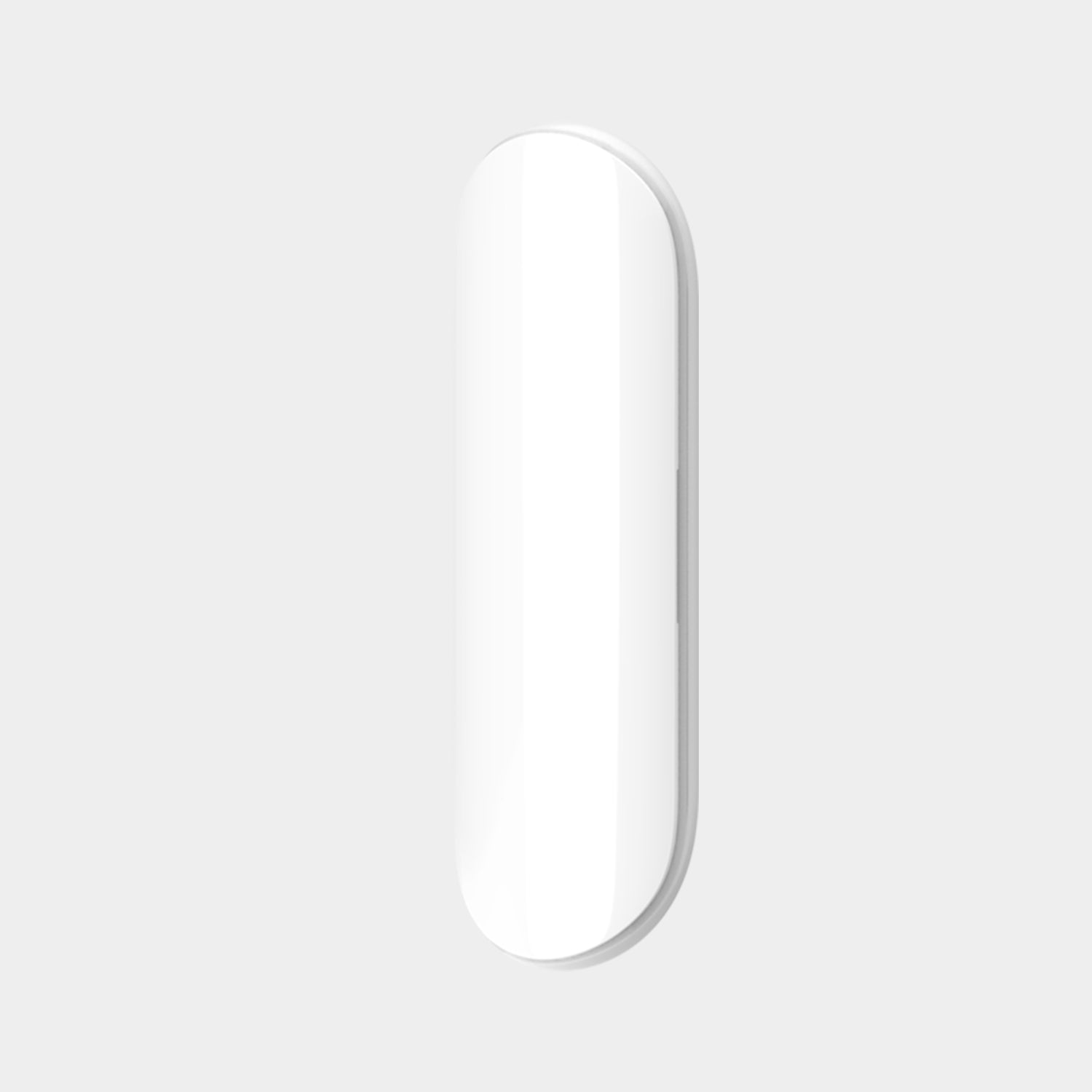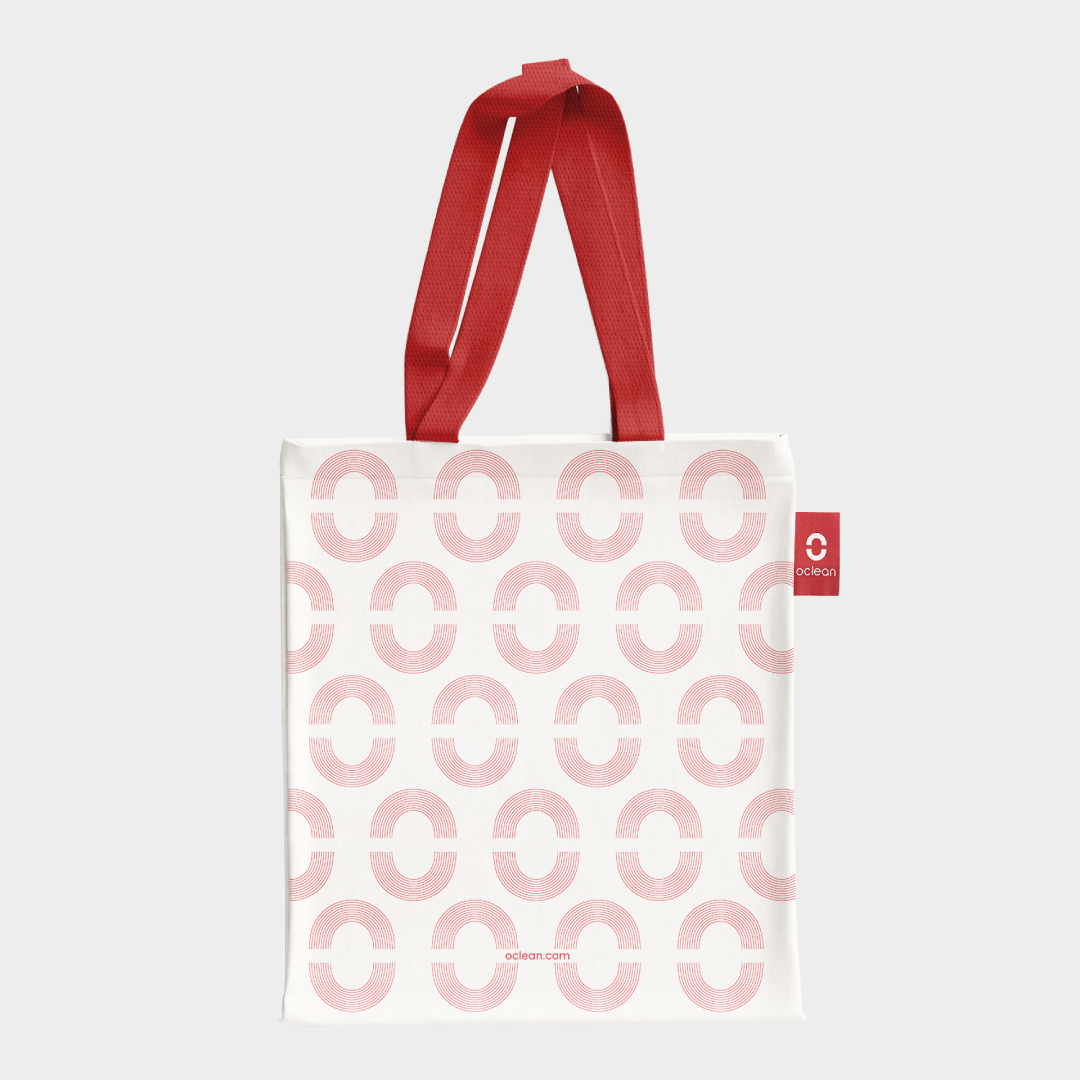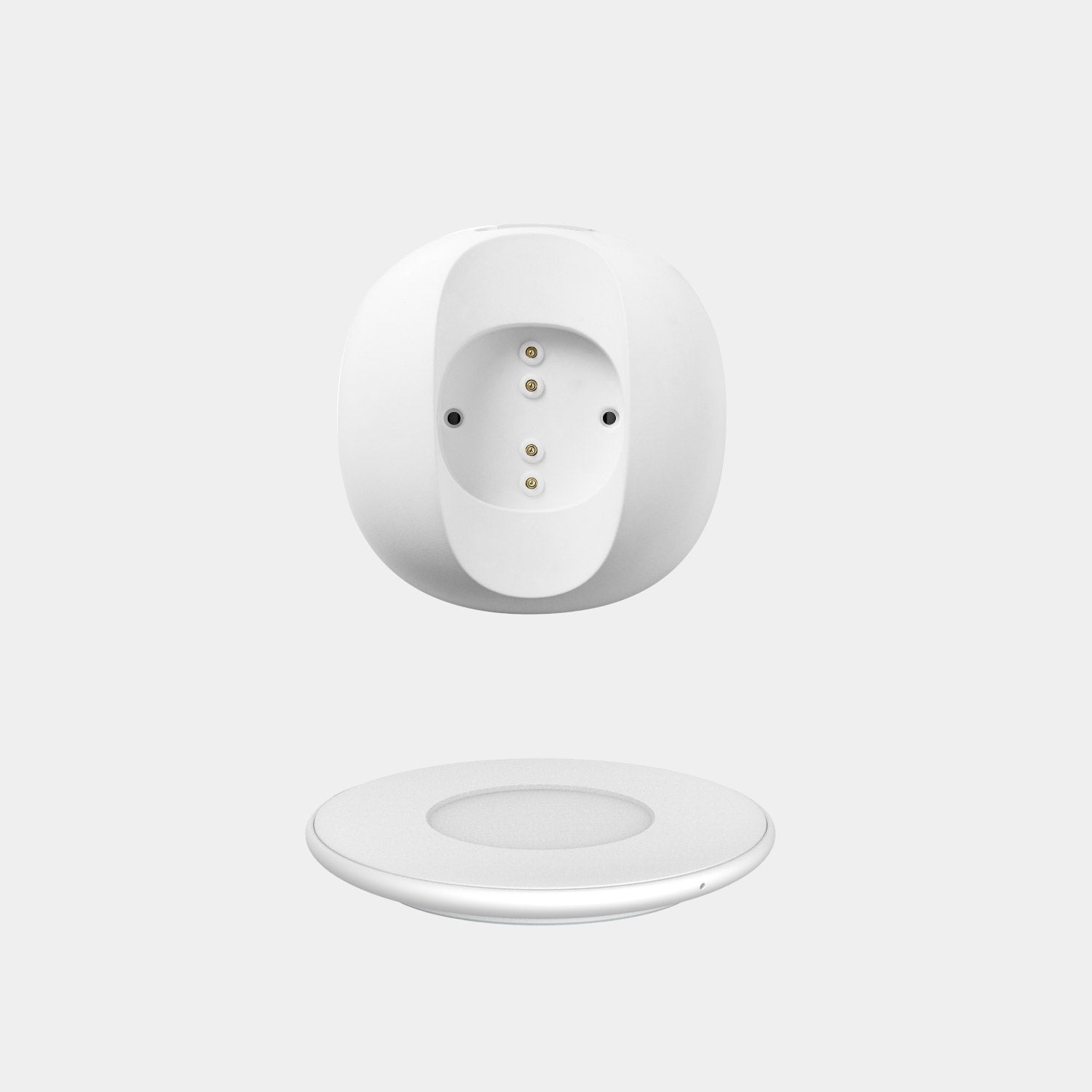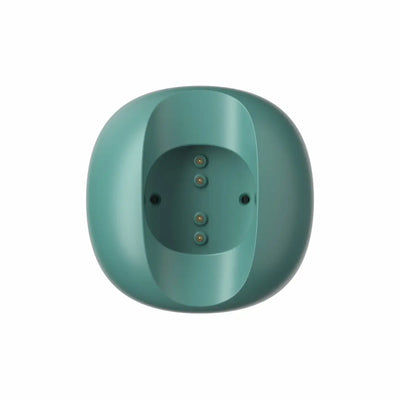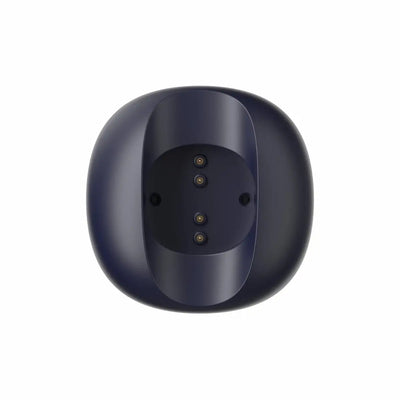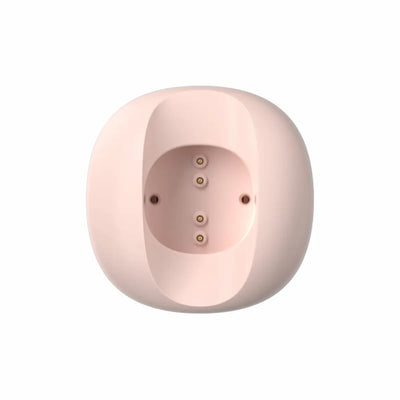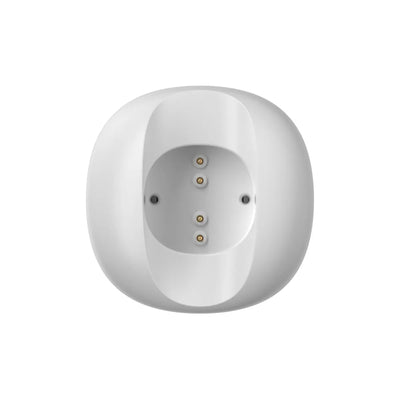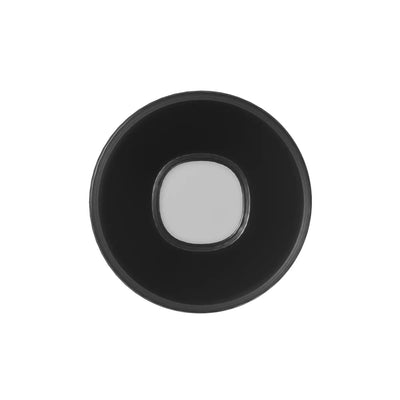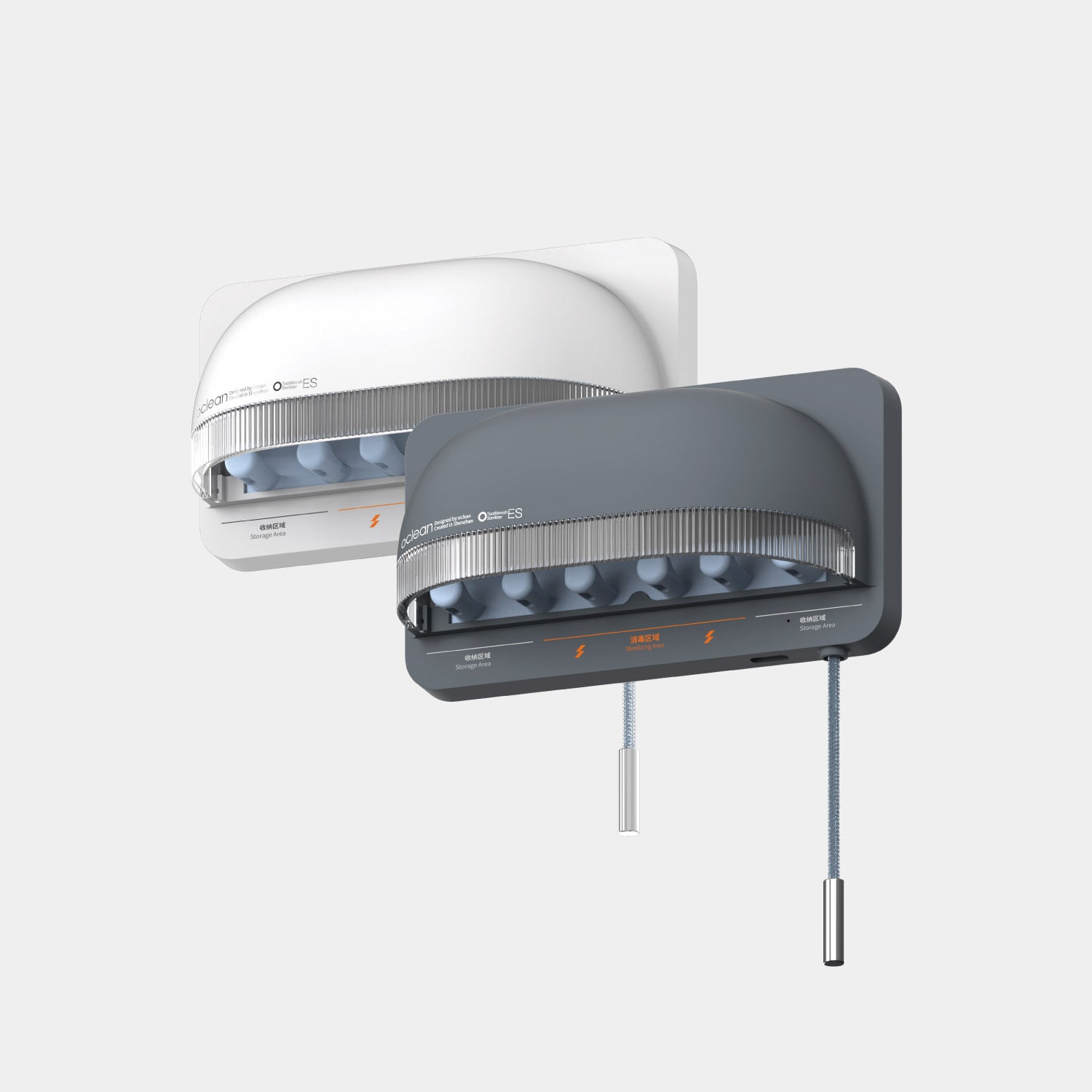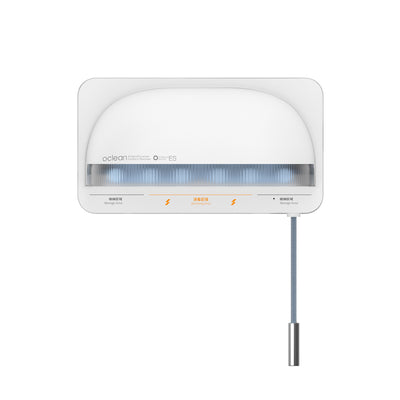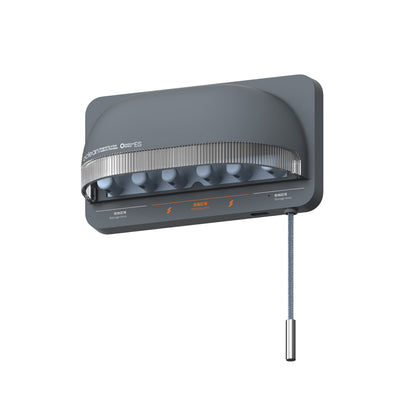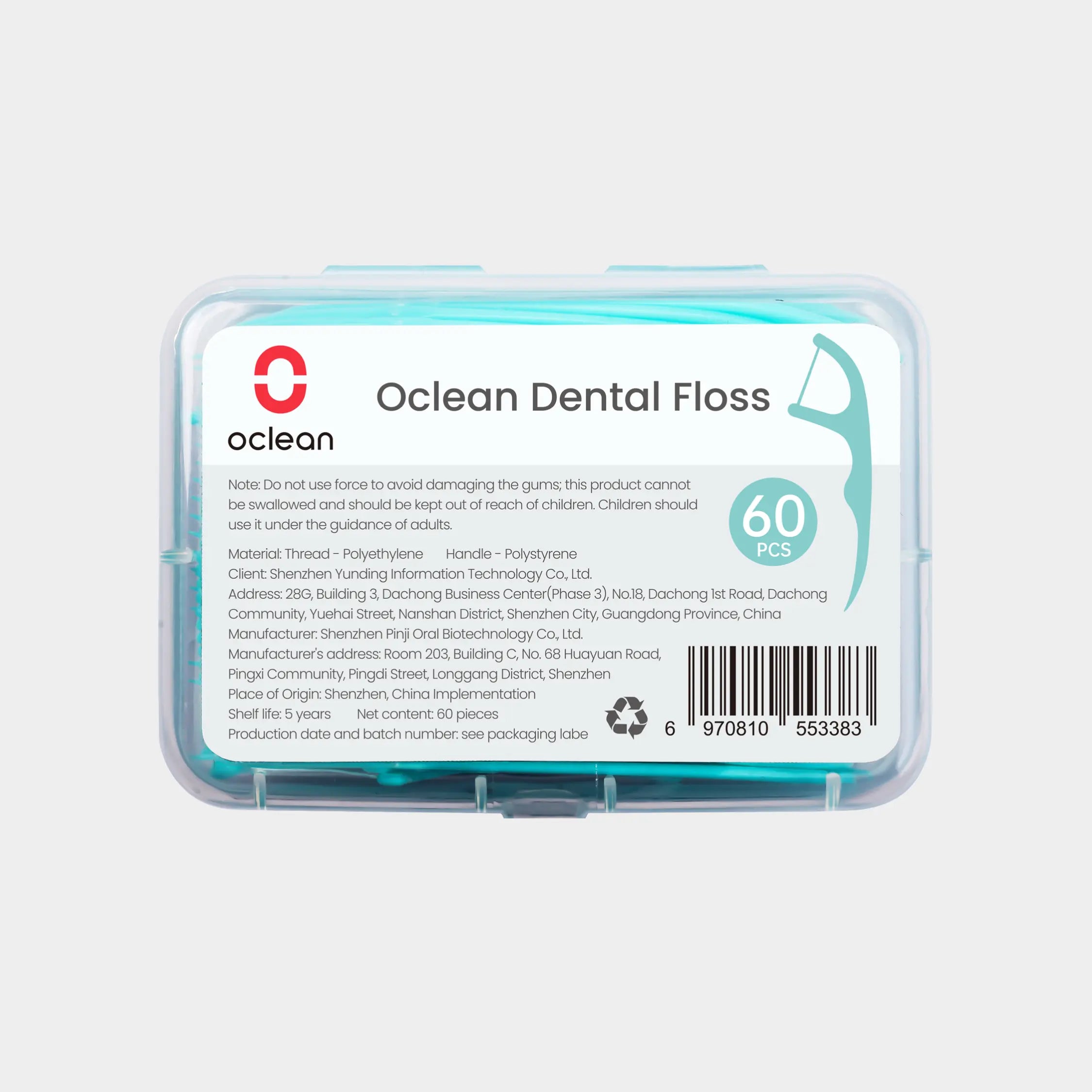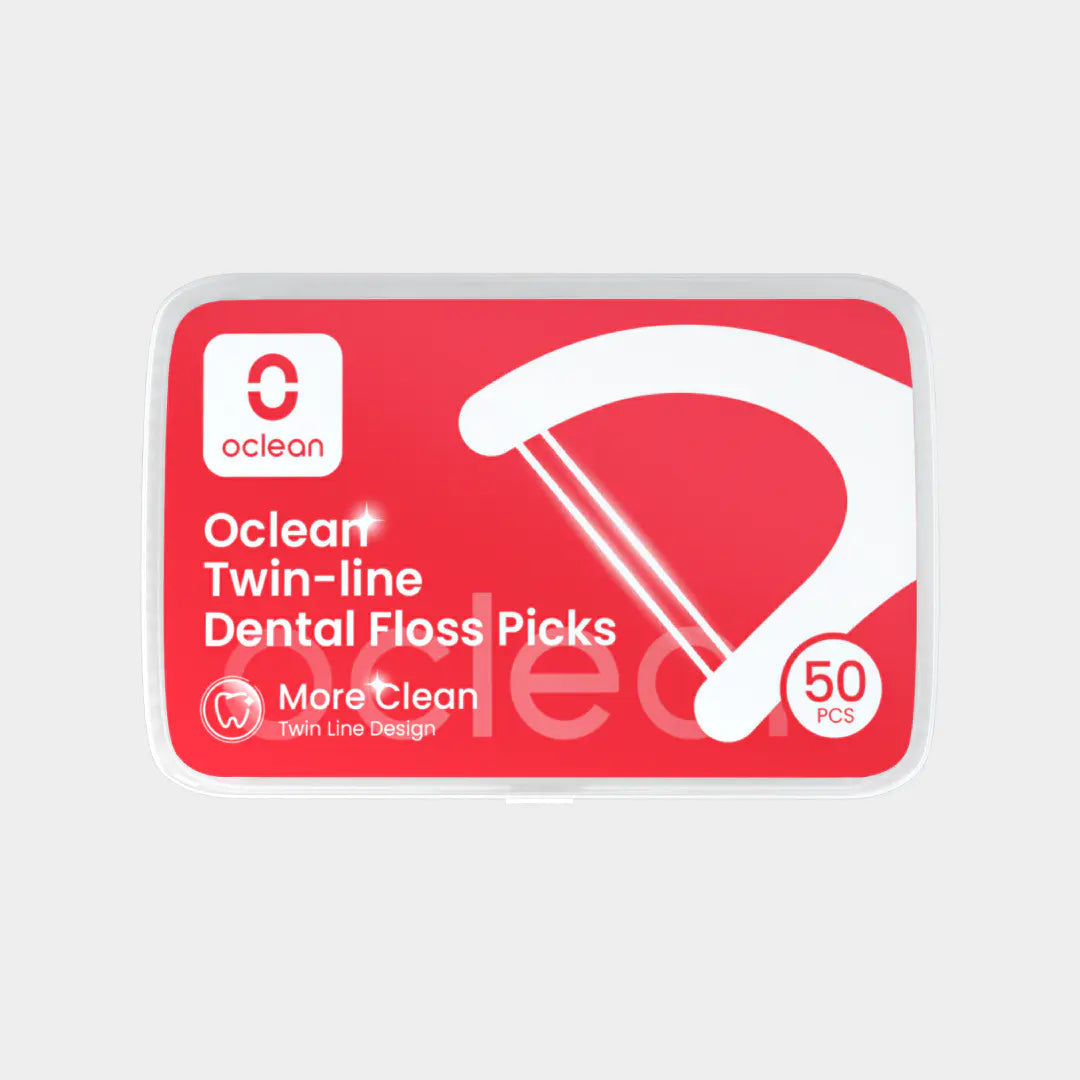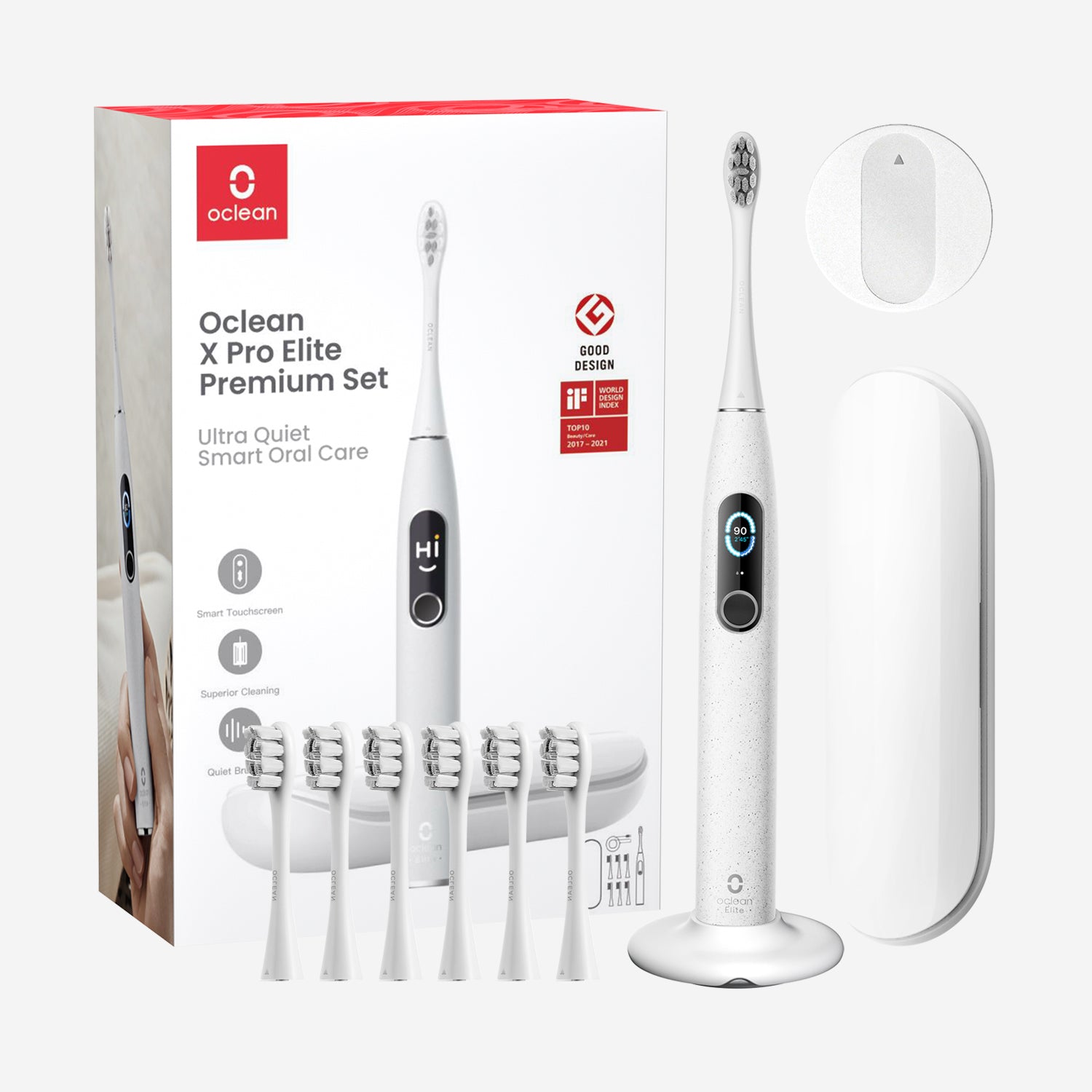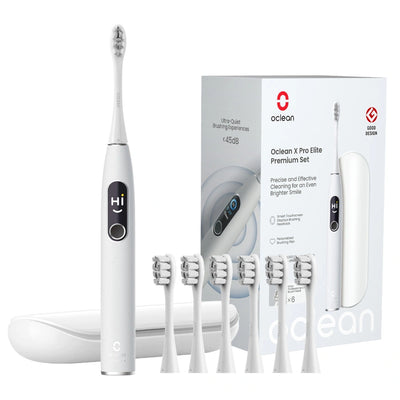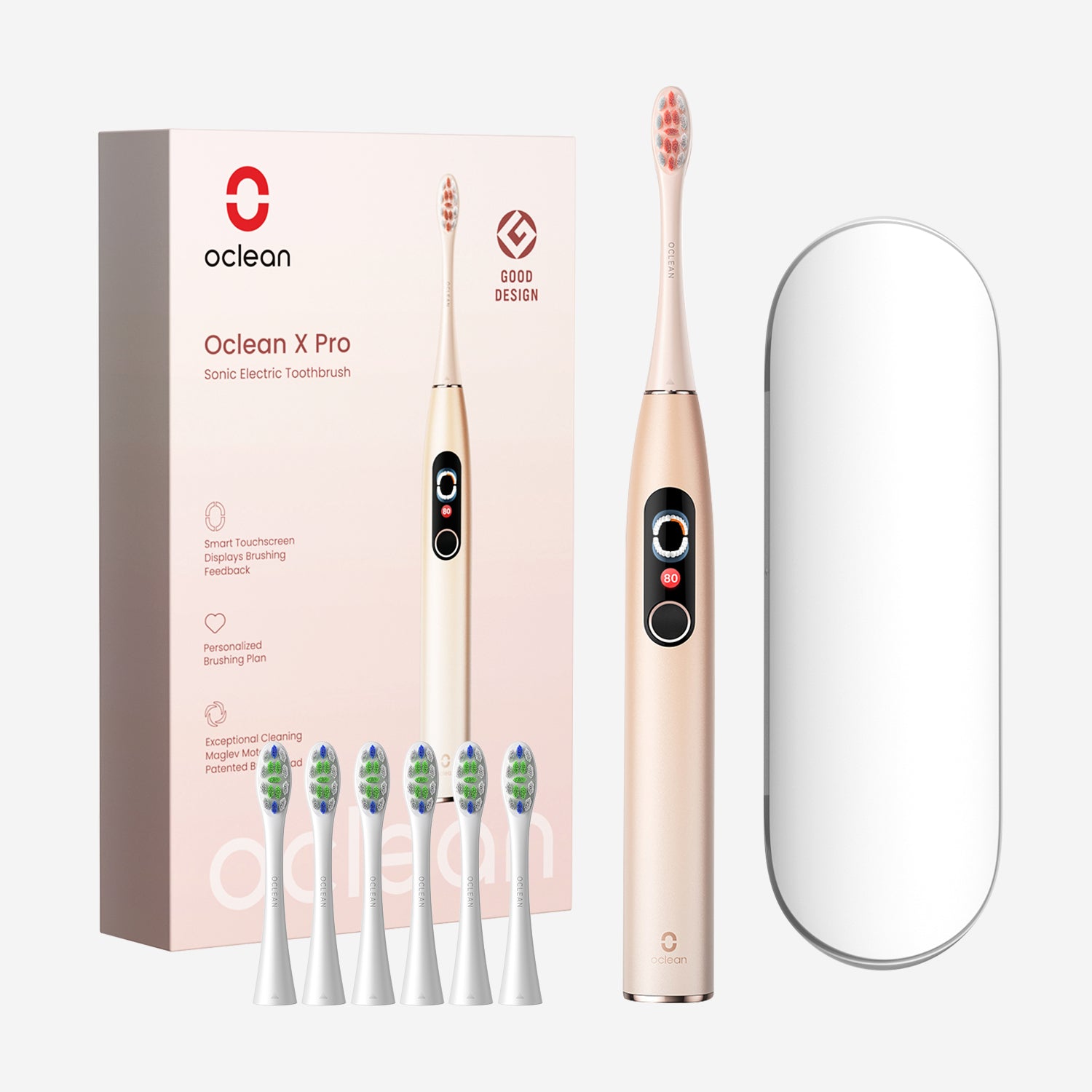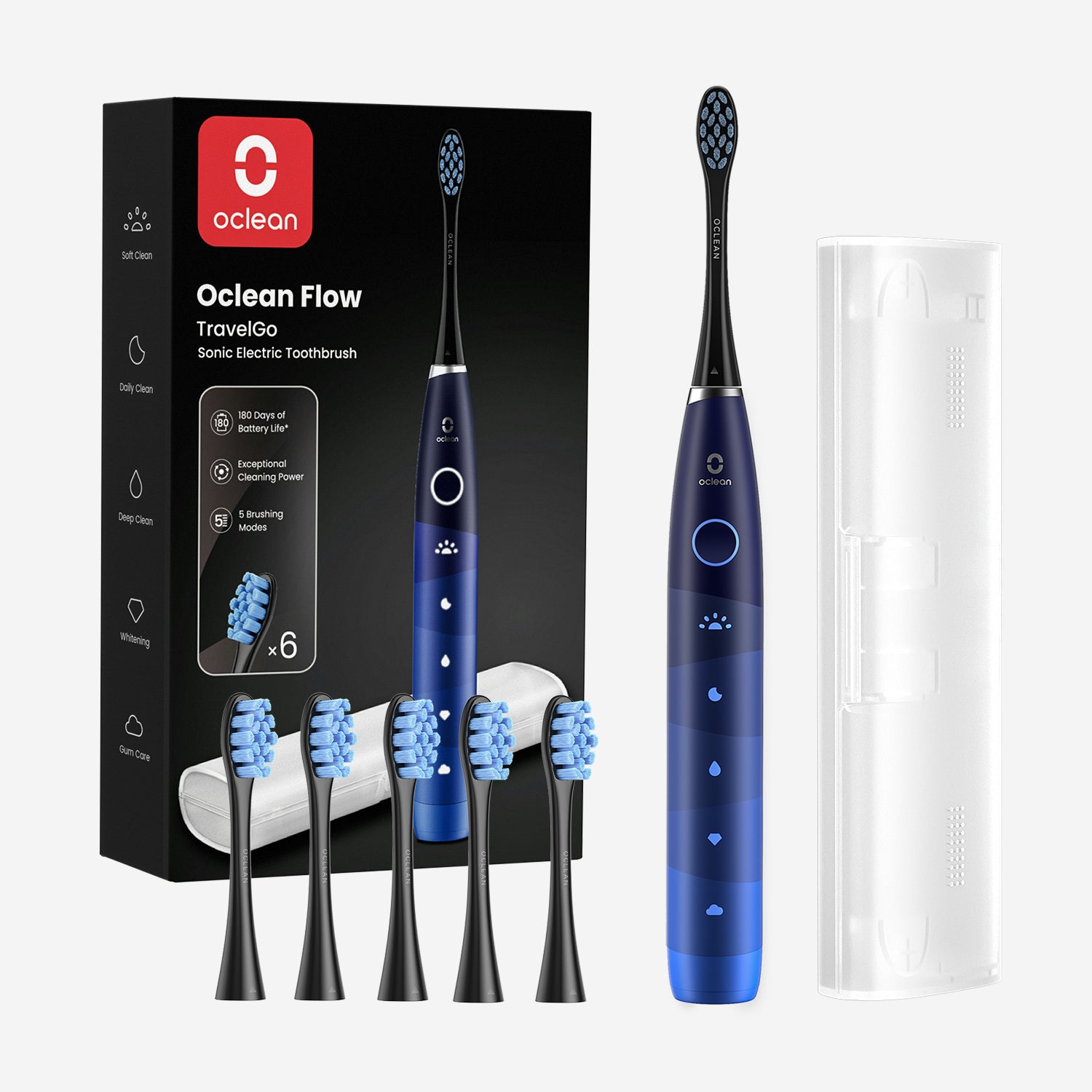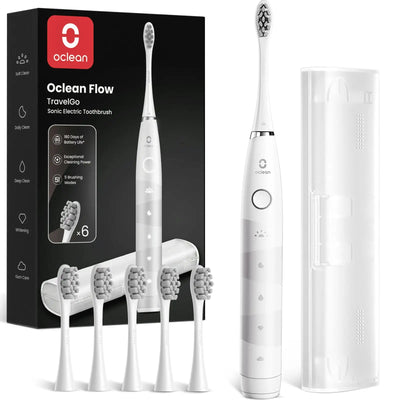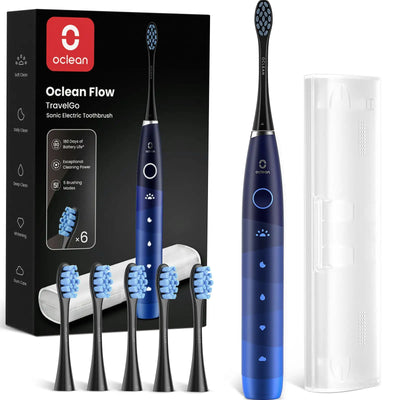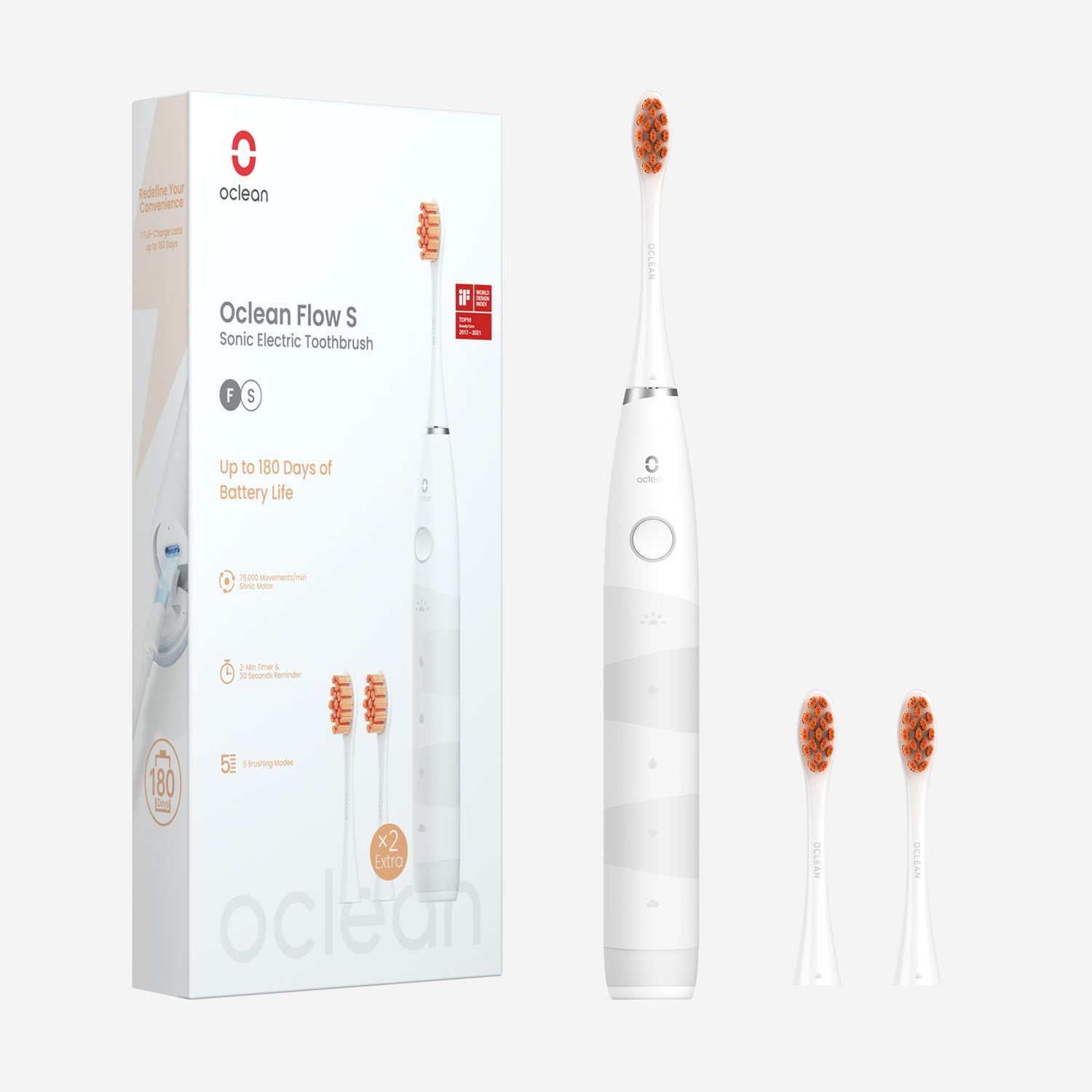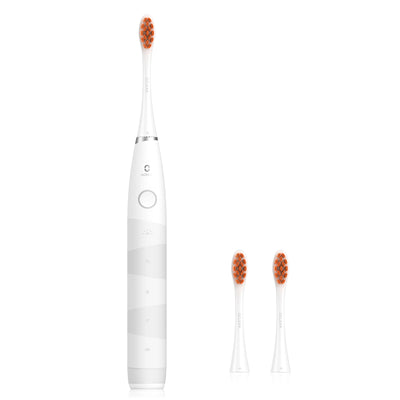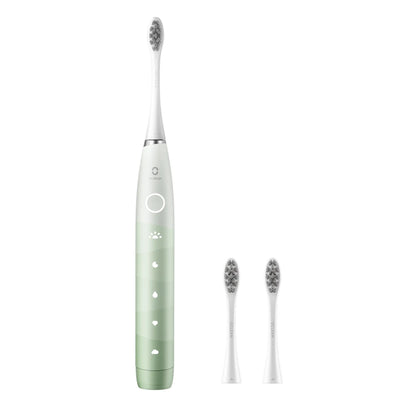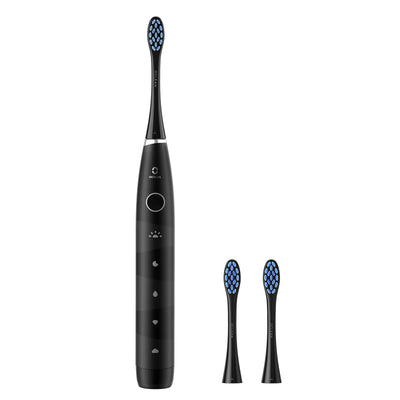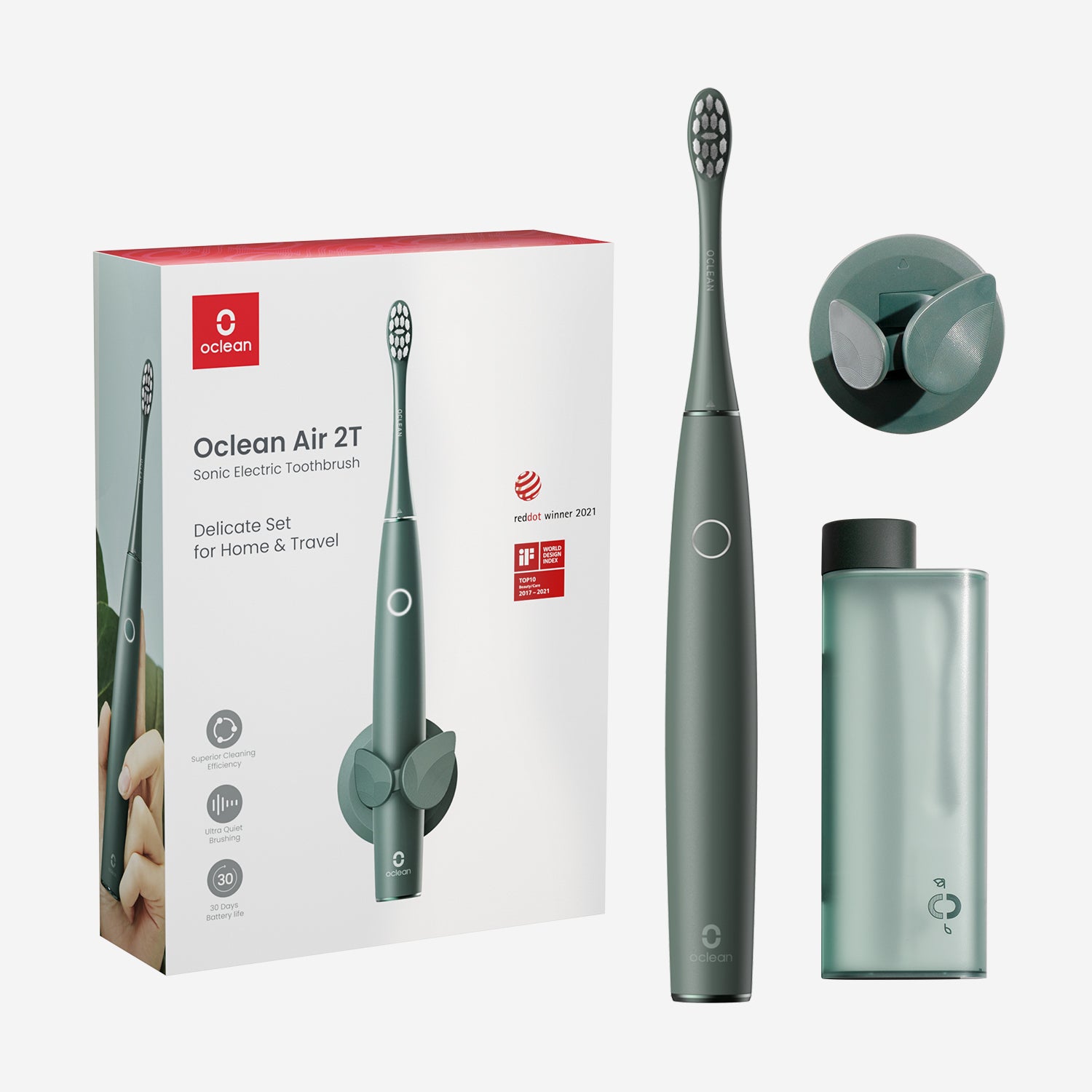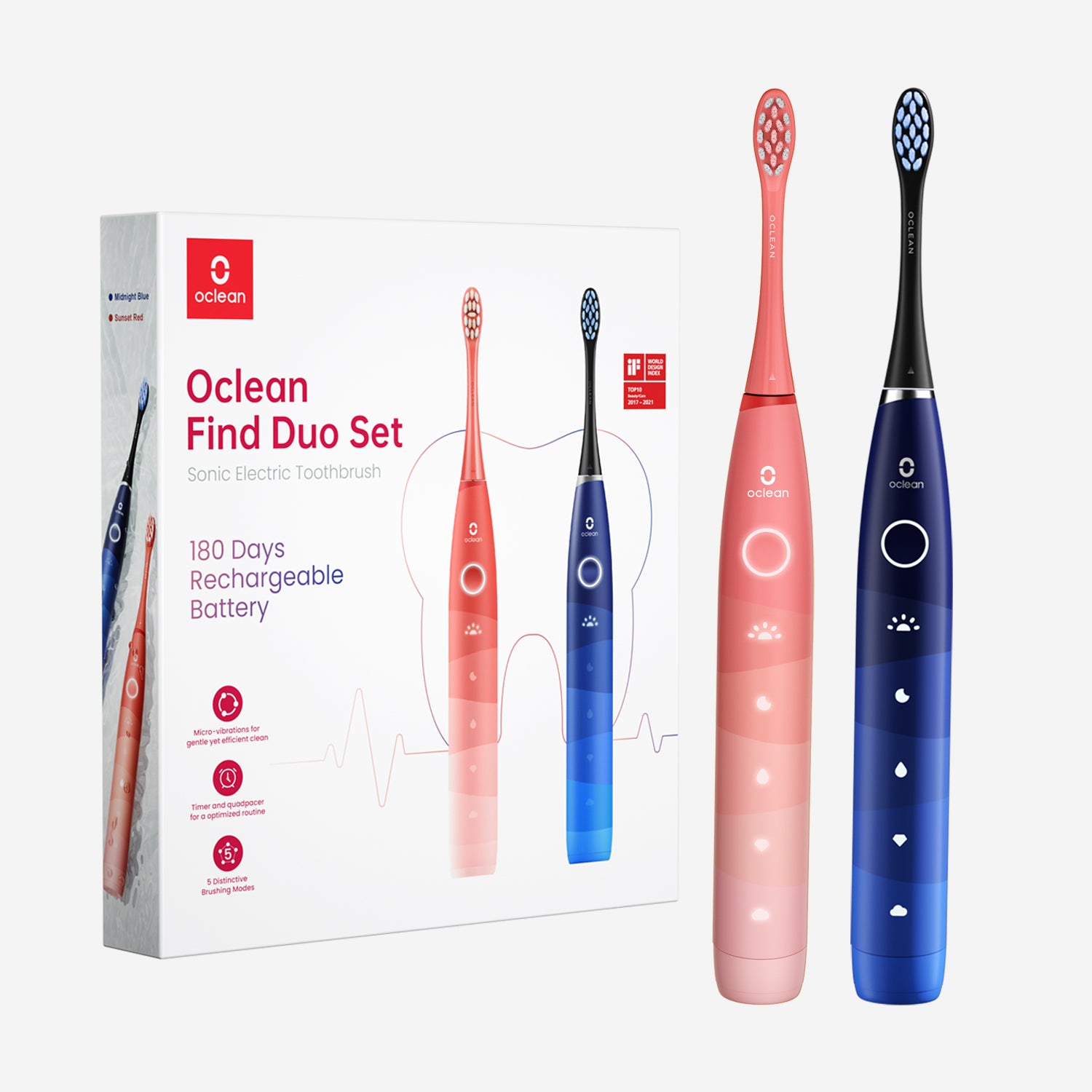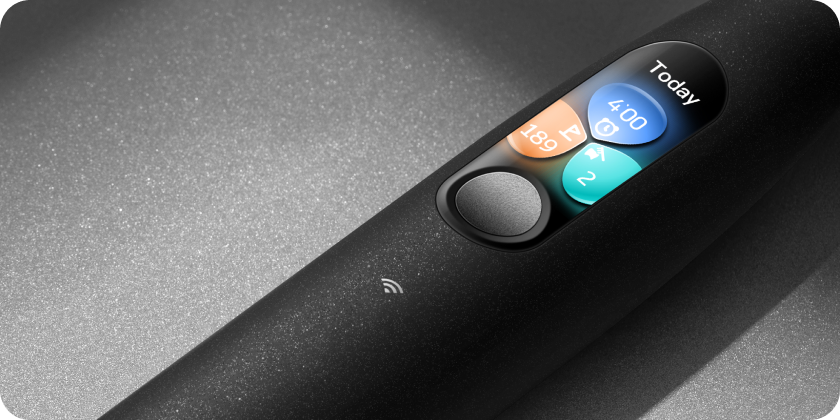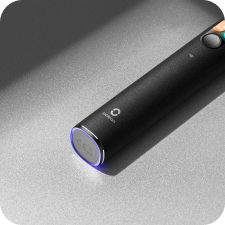Tooth sensitivity can turn that otherwise pleasurable cup of coffee or cone of ice cream into agony in real terms. Whether you've ever winced in discomfort while sipping on something hot or kept away from certain foods because of the sharp and sudden pain in the teeth-well, you are not alone. This blog is for you whether you have found yourself wondering how to stop sensitive teeth pain immediately.

What Is Tooth Sensitivity?
Tooth sensitivity, also known as dentin hypersensitivity, is a condition characterized by sharp, short bursts of pain or discomfort in your teeth. This mostly happens when you eat or drink something hot, cold, sweet, or acidic. This type of pain occurs because the inner layer of your teeth, called dentin, gets exposed. [1]
What Causes Sensitive Teeth Pain?
● Enamel erosion or wear-off
● Gum recession (exposes the root surfaces)
● Tooth decay
● cracked or chipped teeth
● Grinding your teeth
● Aggressive brushing
● Dental procedures (whitening or cleanings)
● Whitening tooth products
● Gum diseases (gingivitis and periodontitis)

The Fastest Way: How to Stop Sensitive Teeth Pain Immediately at Home
Sensitive teeth are a real pain in the neck, but fortunately, the relief might just be at home. Here's how you can relieve sensitive teeth pain and prevent future discomfort.
1. Desensitizing Toothpaste
First, try toothpaste for sensitive teeth. These work by blocking the dentinal tubules and preventing the pain stimulus from reaching the nerves. Remember, they may take several applications to achieve their full effect. [2]
2. Avoid Irritants
As much as possible, avoid food that includes acid and drinks such as those from citrus fruits, wine, and coffee. These, above all, sharpen up sensitivity.
3. Sipping Through a Straw
This allows for less actual contact, whether hot or cold, with sensitive areas.
4. Apply Cold Compress
If the pain is very severe, hold a cold compress against your cheek near your painful tooth for 15–20 minutes. This may numb the area and reduce any inflammation.
5. Take Over-the-Counter Pain Relievers
Over-the-counter nonsteroidal anti-inflammatory (NSAID) medications such as ibuprofen may help temporarily decrease pain and inflammation. Take as directed.

Slow but Effective: Home Remedies to Stop Sensitive Teeth Pain
In that moment of sensitivity, several home remedies might be natural and work out effectively to ease the ache. Here are a few easy solutions to soothe the sensitive teeth and improve dental health:
1. Honey with Warm Water
Mix a teaspoonful of honey in warm water for antibacterial mouthwash. The soothing action of honey may be useful in pain management, hence taking good care of oral health.
2. Hydrogen Peroxide Mouthwash
Mix equal parts hydrogen peroxide with water for a less-than-harsh disinfecting rinse that can balance bacteria and reduce sensitivity with healthier gums. Do periodically, about a few over the course of a few weeks, for best results. [4]
3. Turmeric Paste
Mix a teaspoon of turmeric powder in a bit of water to form a paste. Apply this anti-inflammatory gold spice on sensitive areas for instant natural relief.
4. Salt Water Rinse
Saltwater has been a traditional remedy because it reduces inflammation and cleans the mouth. Mix half a teaspoon of salt in warm water, gargle for half a minute, and feel relieved of the pain.
5. Green Tea
Try sipping some antioxidant-rich green tea, which alleviates ache-sensitive teeth while benefiting your oral health. Use cooled green tea as a soothing mouthwash.
6. Clove Oil
Immediately dab the pre-diluted clove oil in olive oil, using a cotton swab on the sensitive teeth. The active ingredients of clove oil are analgesic with antibacterial properties upon taking. [5]

How to Stop Sensitive Teeth Pain Immediately After Whitening
Whitening treatments can sometimes temporarily sensitize teeth by exposing the dentin or dehydrating the teeth. If you are experiencing a little discomfort, here's a few tips that will help:
1. Take NSAIDs
Taking an NSAID such as ibuprofen in advance may help to reduce inflammation and any resulting pain after your whitening session.
2. Switch to a Soft-Bristled Toothbrush
A soft-bristled toothbrush will minimize the risk of enamel damage after a teeth whitening session. Pair this with a sonic toothbrush like the Oclean X Lite for gentle, effective cleaning.

3. Avoid Cold Drinks
Cold drinks or foods usually aggravate sensitivity after whitening. Avoid icy drinks and food or take them through a straw to minimize contact of the teeth with the drink.
4. When to See a Dentist
While home remedies can soothe the symptoms, some situations need professional help.
● Persistent or Worsening Sensitivity: If sensitivity does not improve or worsens.
● Severe Pain: Strong pains might denote deeper dental problems.
● Other Symptoms: Tenderness with swelling, bleeding gums, or bad breath requires an immediate check-up.

Long-term Solutions to Avoid Sensitive Teeth
The following are some long-term strategies that can help manage and prevent sensitivity:
Wear a Night Guard
If you grind or clench your teeth at night, the night guard acts as interference against enamel damage that may cause sensitivity.
Fluoride Products
Incorporating the use of fluoride toothpaste or mouthwash and professional fluoride applications to help harden the teeth to prevent sensitivity.
Address Dental Problems in Time
The problem could be a contributing factor to sensitivity if other problems, such as cavities, cracked teeth, and gum disease, are not treated.
Consult your dentist for proper diagnosis and treatment. These include the following:
○ Fluoride varnish for enamel strengthening.
○ Dental restorations: Crowns or filling in damaged teeth.
○ Gum grafts for the covering of the exposed roots.
○ Root canal therapy for sensitivity caused by infections.

Good Oral Hygiene
Brush twice daily and floss for plaque removal. Avoid hard brushing. To enhance your oral care routine and further protect your teeth and gums, consider incorporating the following best practices for optimal results.
Best Practices for Oral Hygiene
Soft-Bristled Toothbrush: Move onto a soft-bristled toothbrush so you do not further aggravate both your teeth and gums. [3] Sonic toothbrushes, such as the Oclean X Lite and Oclean X Pro, are mainly effective for sensitive teeth. Their advanced sonic technology delivers higher frequency vibrations that are deeply gentle in deep cleaning.
Avoid Brushing Too Hard: Try to avoid using too much force while brushing, as that really aggravates the sensitivity; instead, do light circular motions.
Stick to Routine: Empower your dental care by brushing your teeth at least twice a day, flossing, and using an alcohol-free mouthwash. Healthy teeth and gums can help reduce further sensitivity.

The Bottom Line
Tooth sensitivity is somewhat uncomfortable, but it nonetheless is highly manageable and is something you can prevent by taking the right approach. You can start dealing with immediate discomfort without delay by using solutions such as sensitizing toothpaste or adopting the use of hydrogen peroxide washes.
In other more critical situations of dental sensitivity, consult your dentist for professional treatment. By practicing good oral care, you can maintain a healthy, pain-free smile.
Source:
1. Gotter, Ana. “Sensitive Teeth: Causes, Symptoms, Treatments, and More.” Healthline, 9 Feb. 2018, www.healthline.com/health/sensitive-teeth.
2. Clinic, Mayo . “Treatments for Sensitive Teeth.” Mayo Clinic, 2019, www.mayoclinic.org/healthy-lifestyle/adult-health/expert-answers/sensitive-teeth/faq-20057854.
3. “Sensitive Teeth: Why They Hurt and How to Stop the Pain.” Www.hopkinsmedicine.org, 1 Mar. 2024, www.hopkinsmedicine.org/health/conditions-and-diseases/sensitive-teeth.
4. Watson, Kathryn. “Is Gargling Hydrogen Peroxide Effective and Safe?” Healthline, Healthline Media, 6 Dec. 2017, www.healthline.com/health/gargling-hydrogen-peroxide.
5. Watson, Shawn . “Can Clove Oil Help Relieve Dental Pain?” Verywell Health, www.verywellhealth.com/the-use-of-clove-oil-in-dentistry-1059310.
